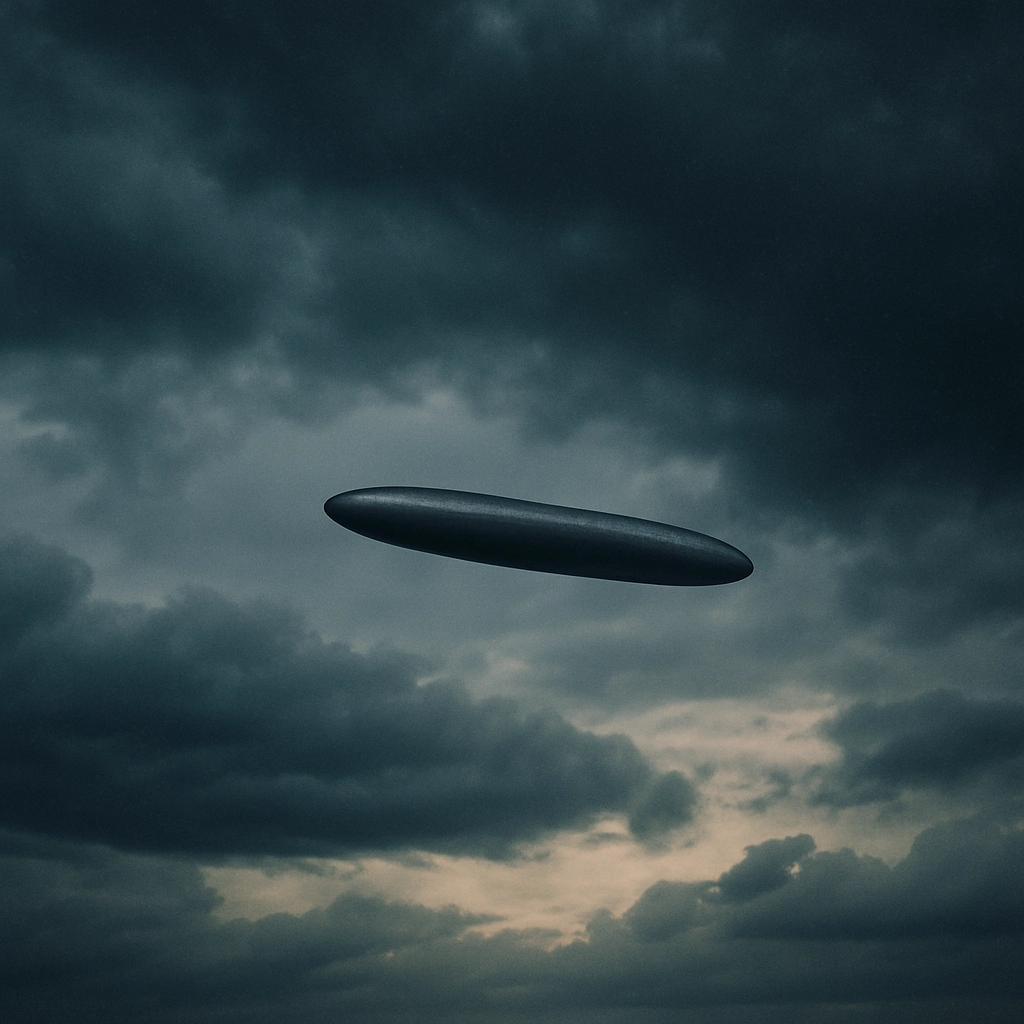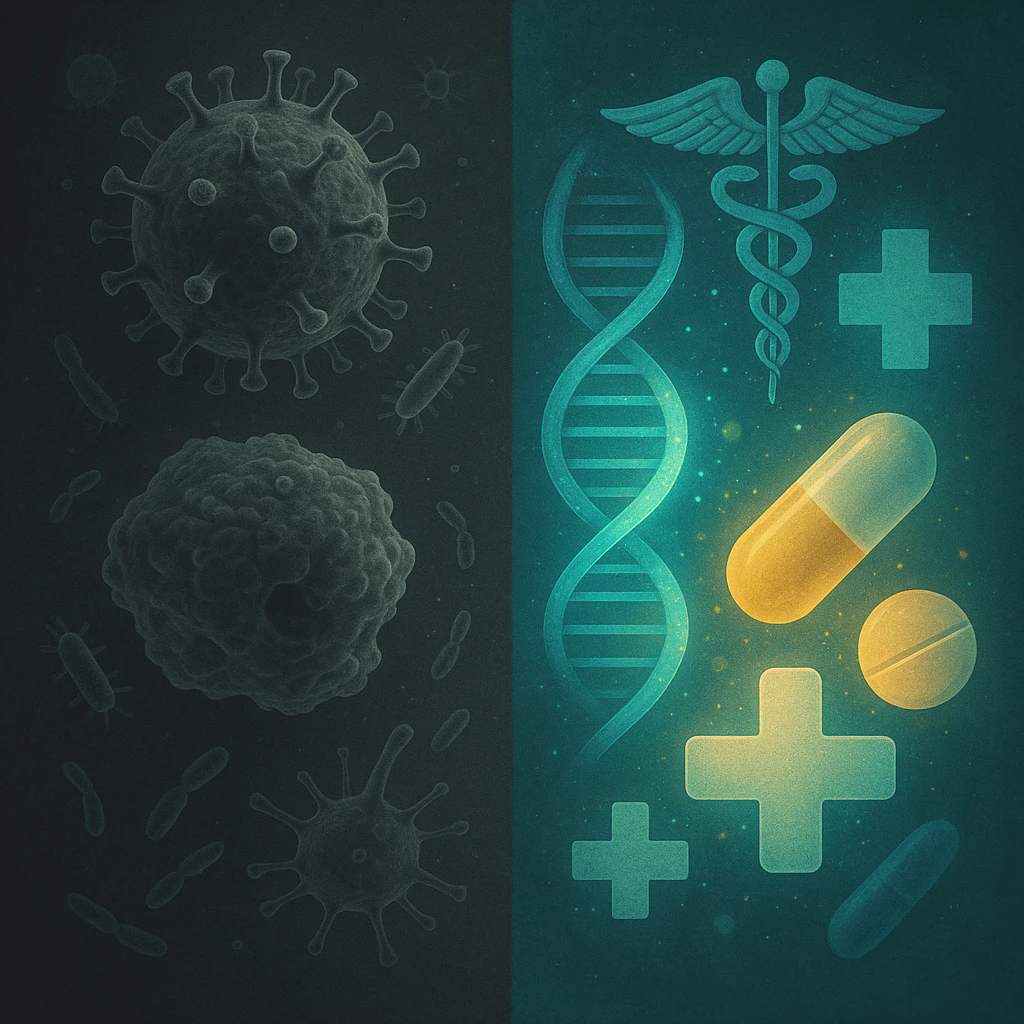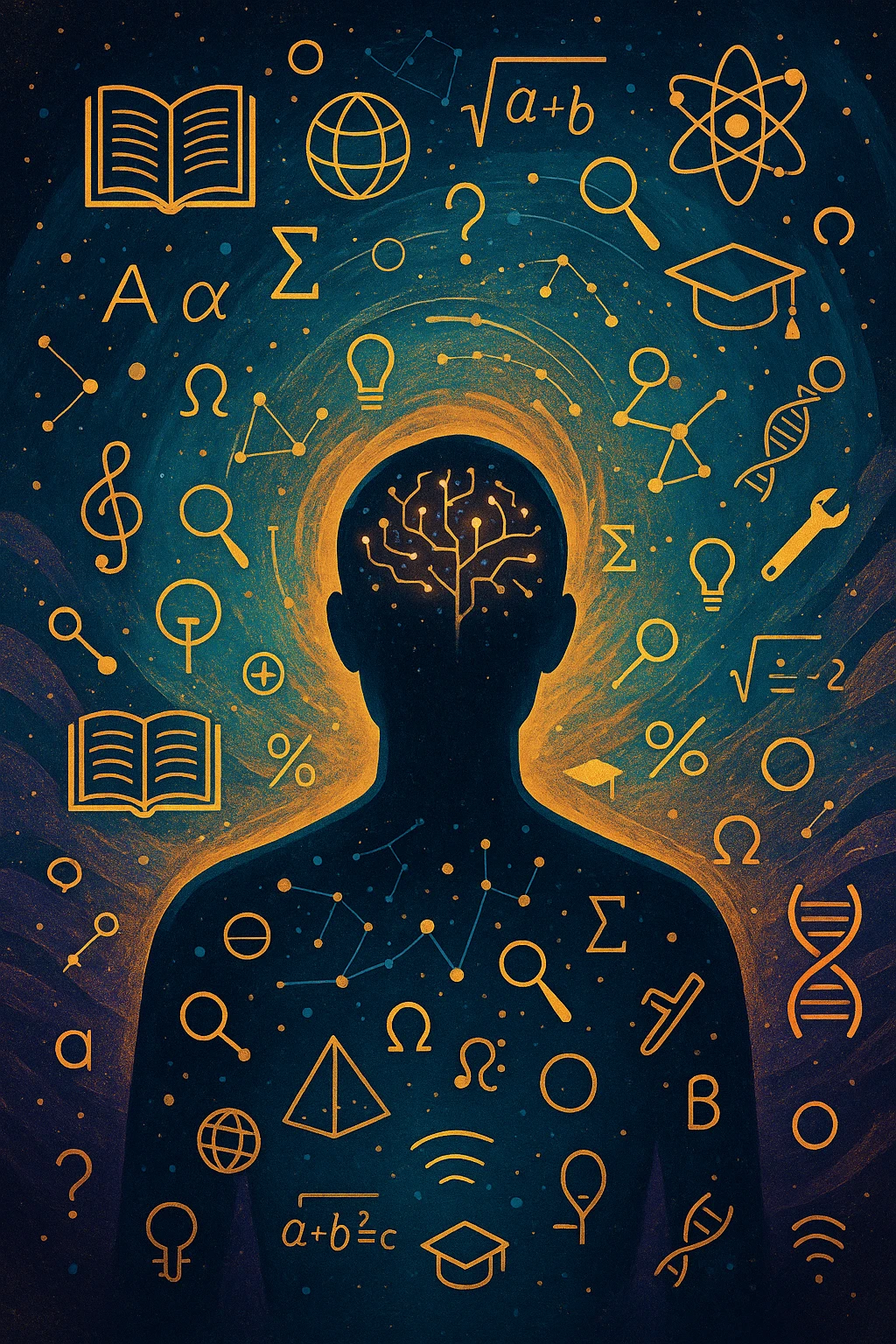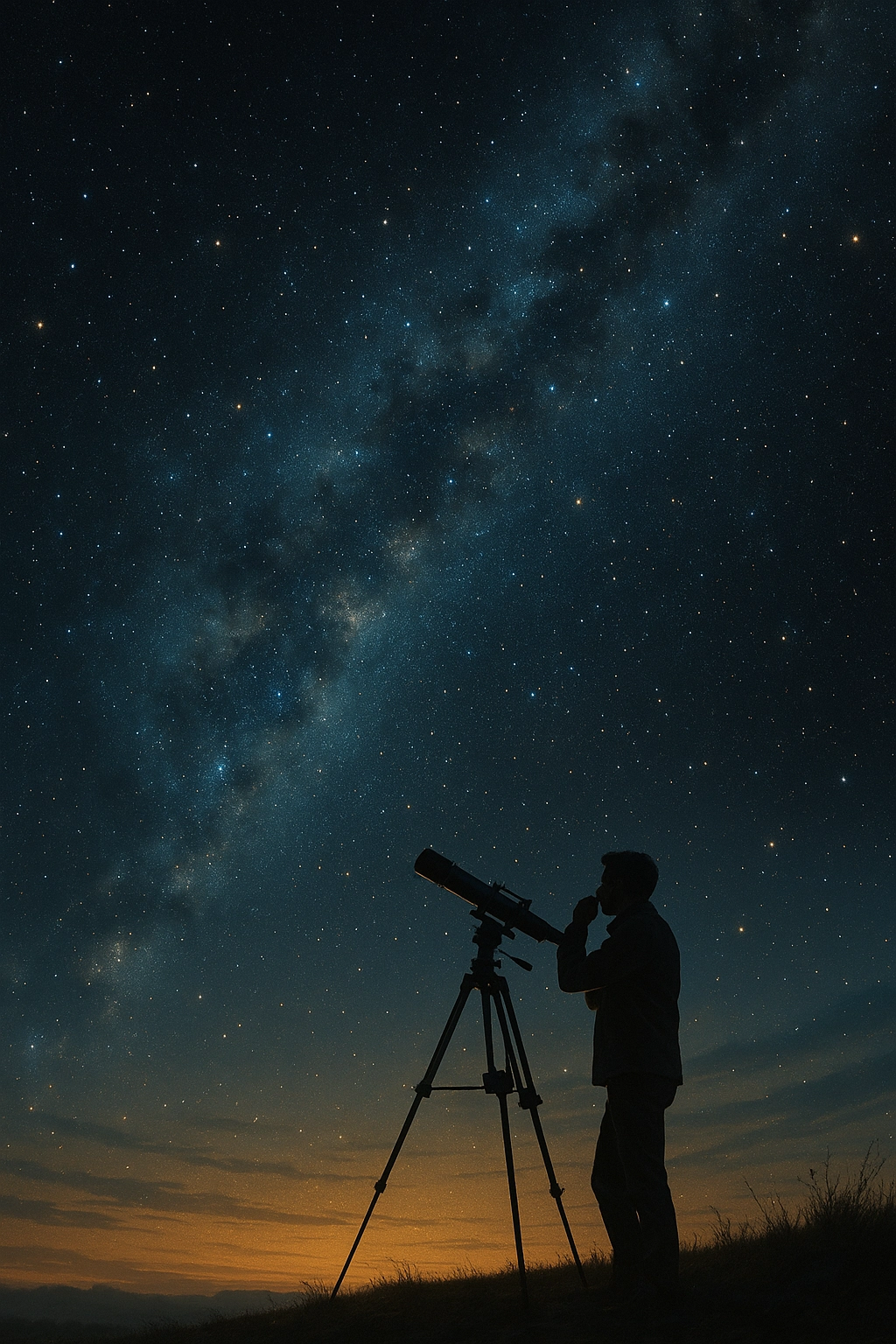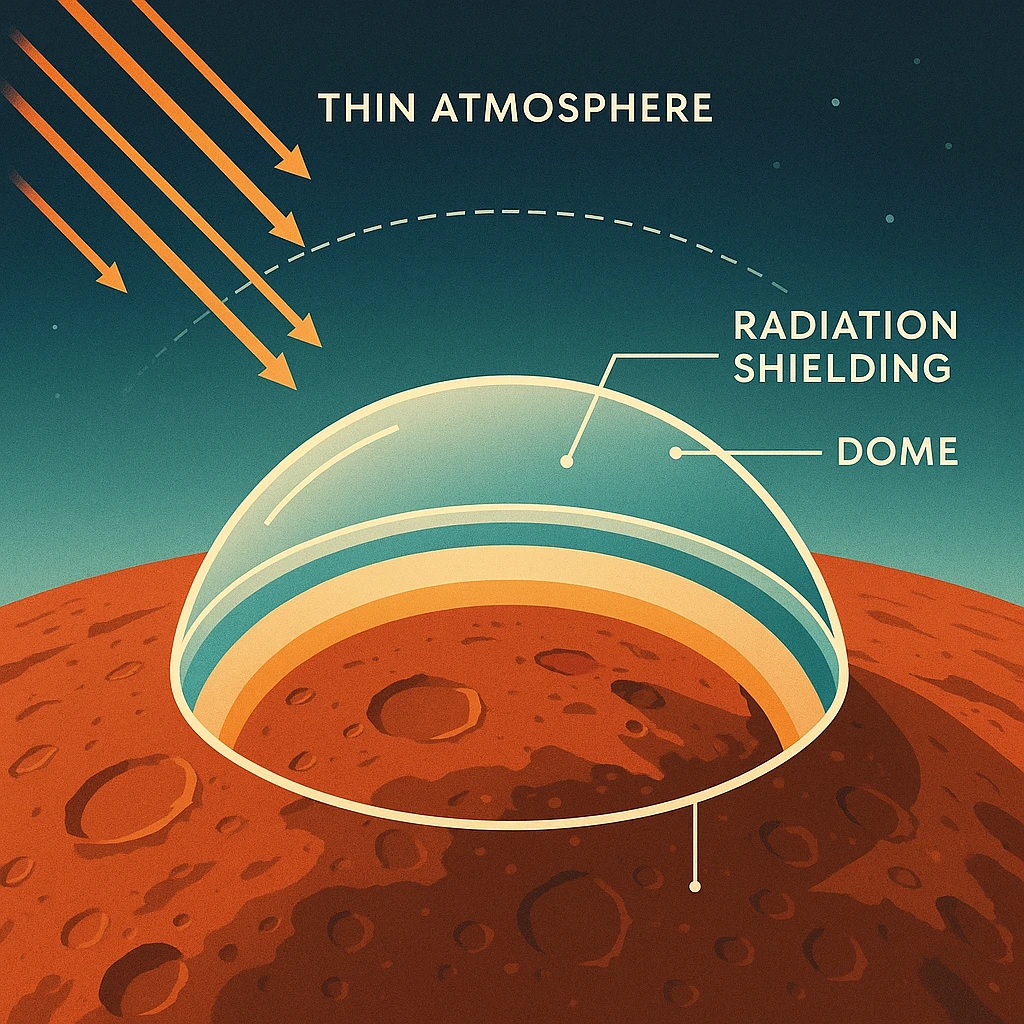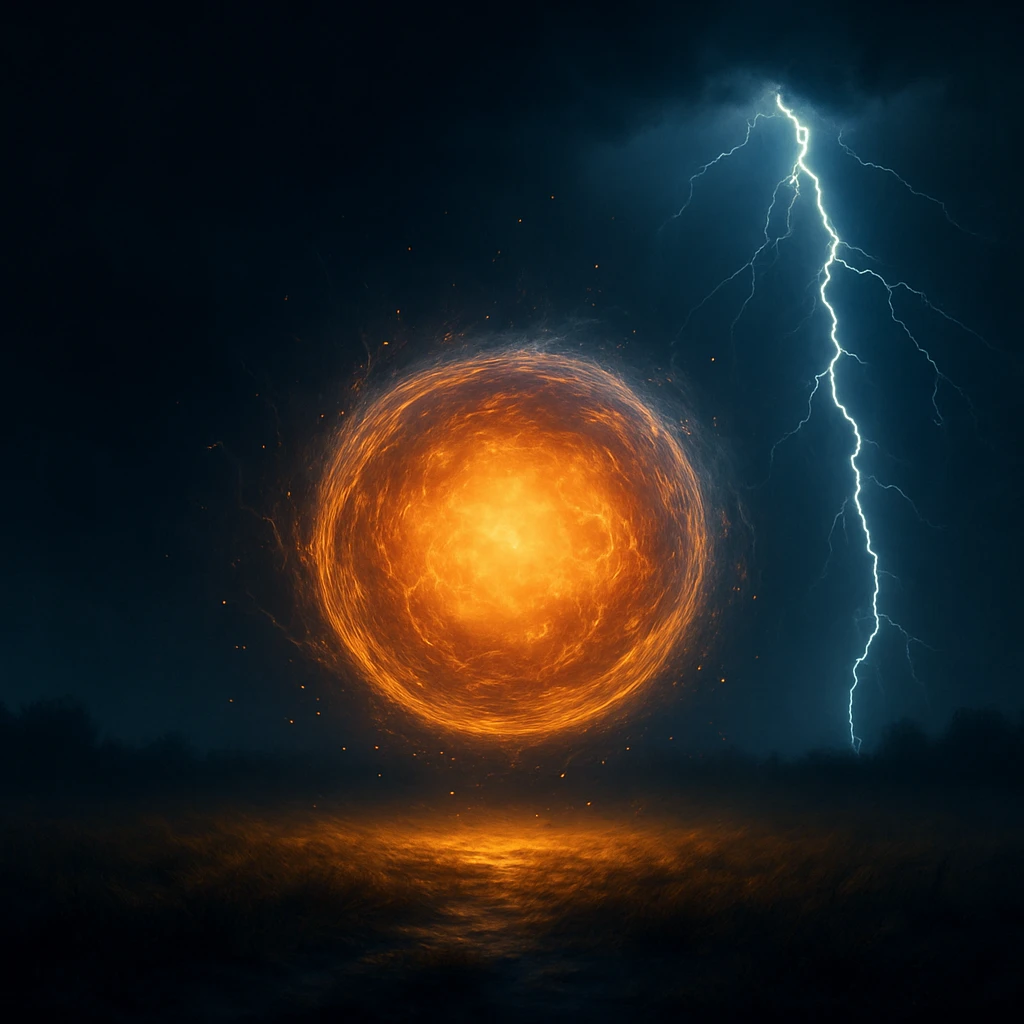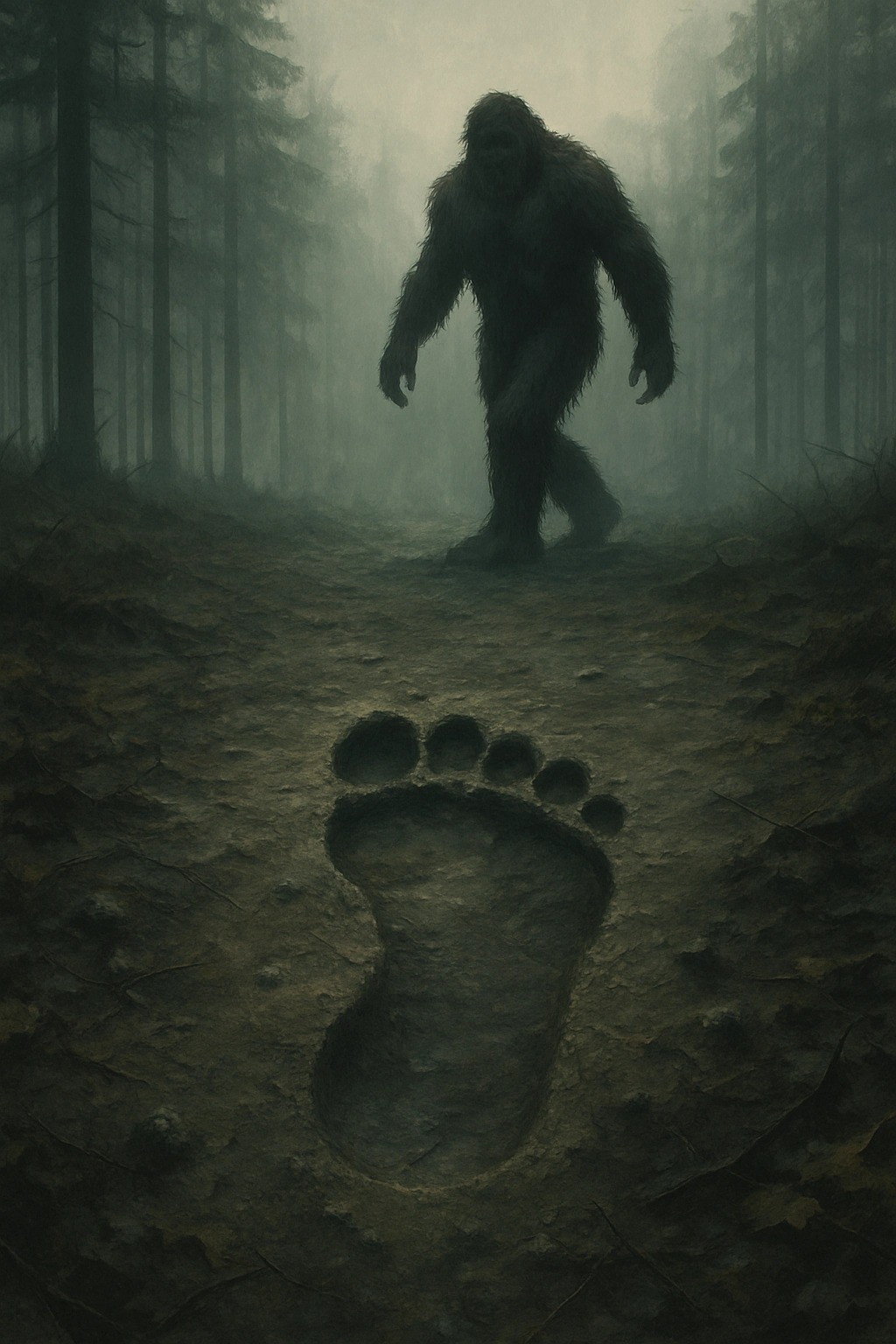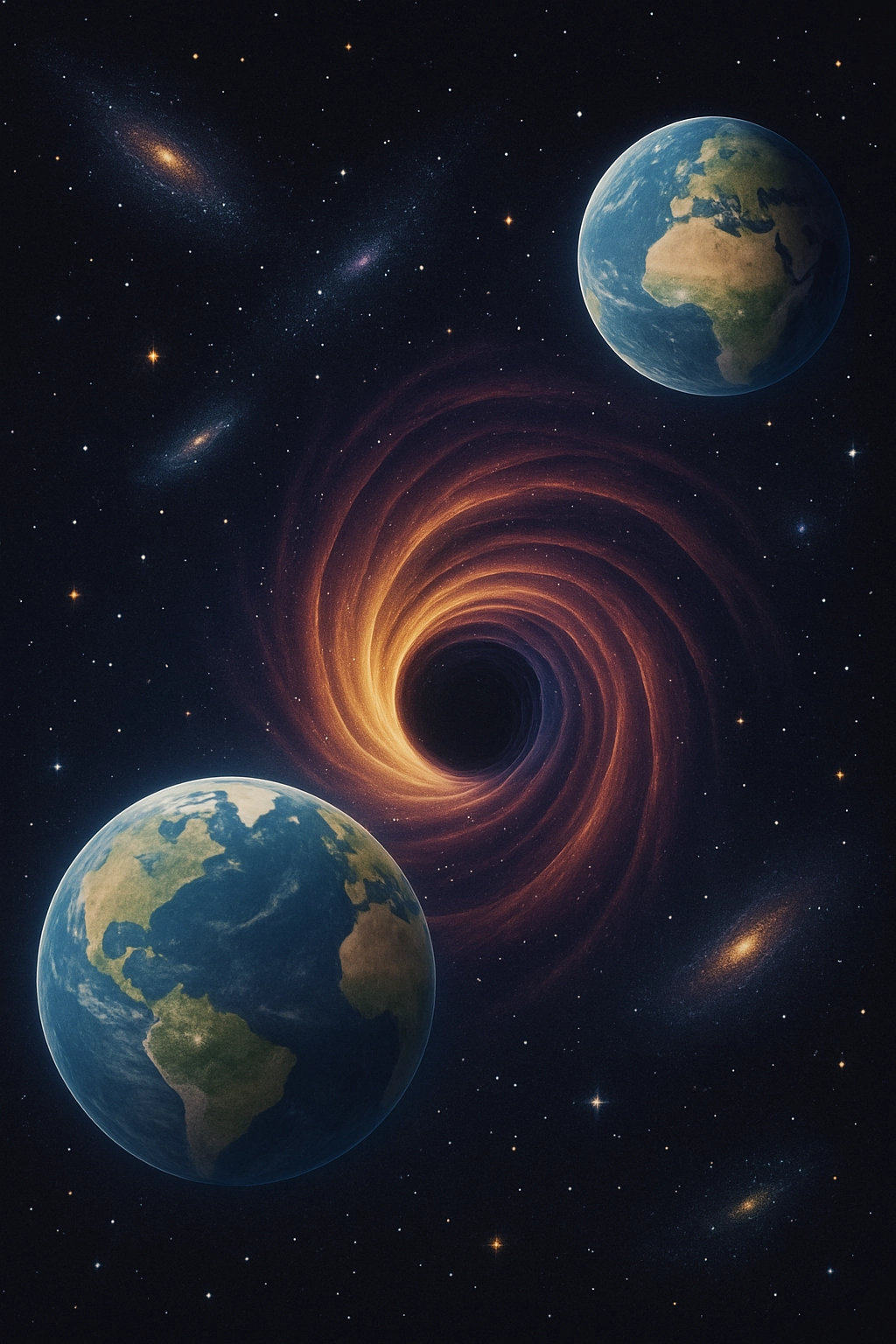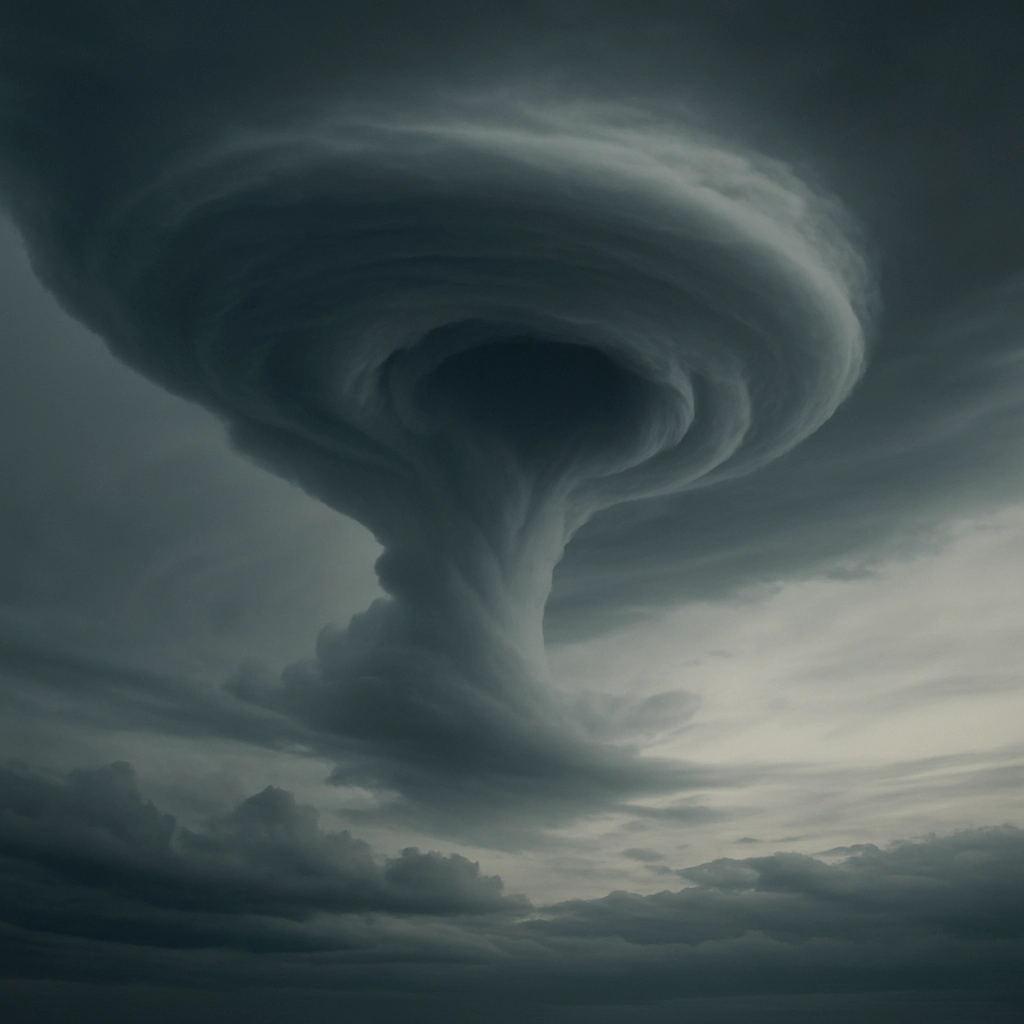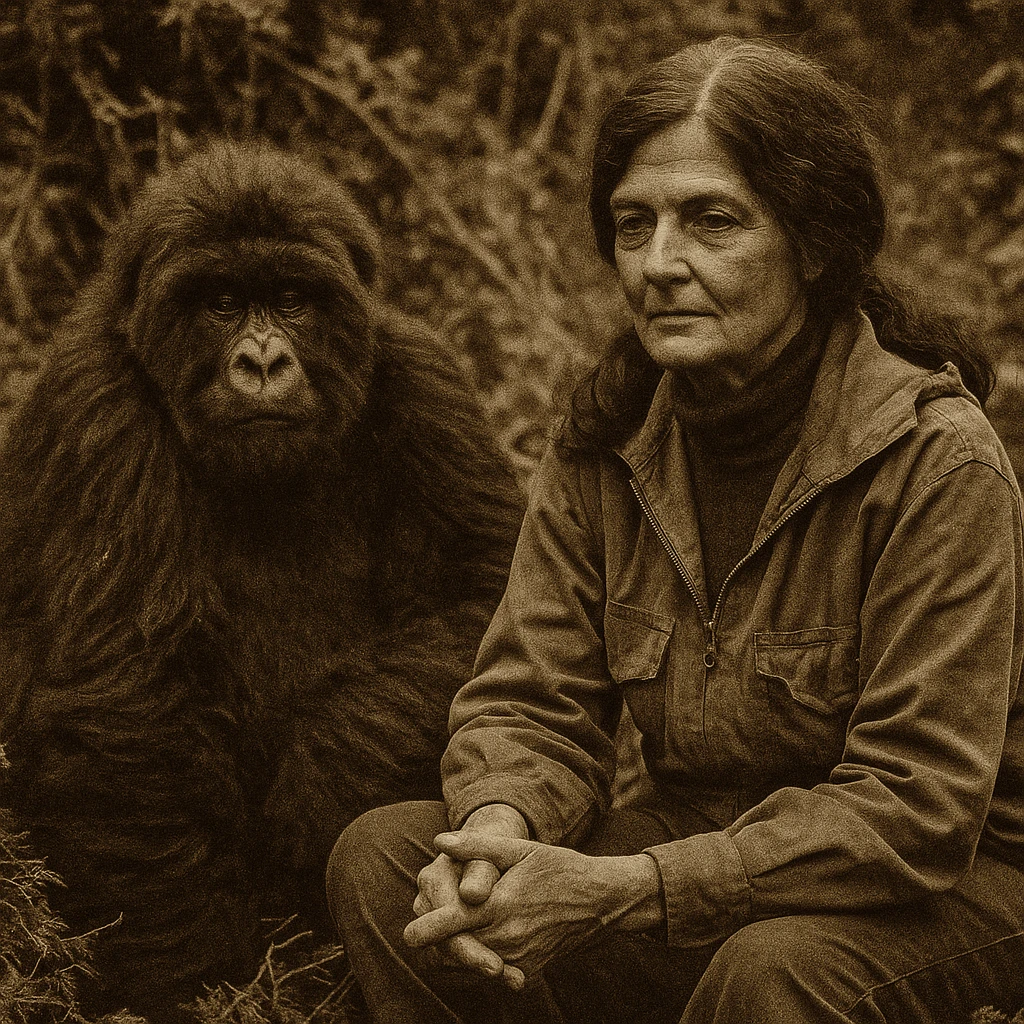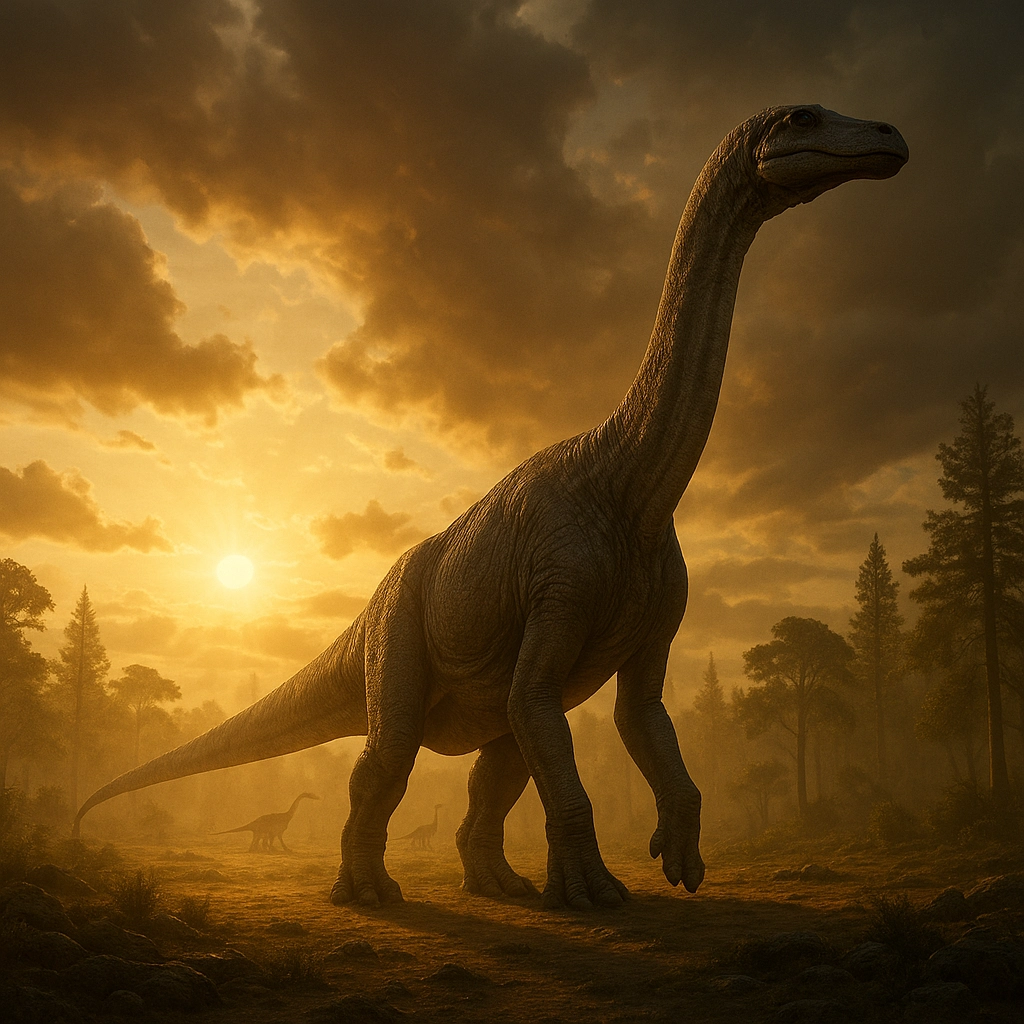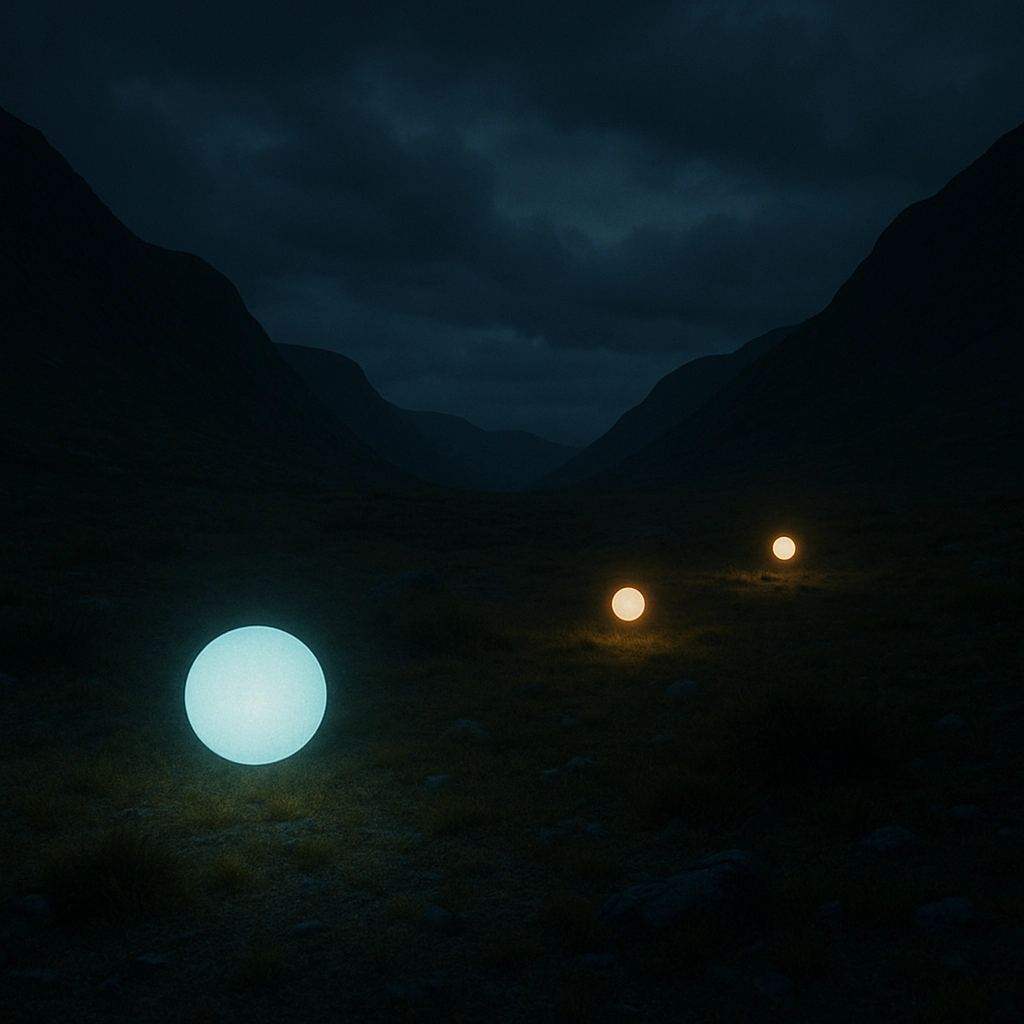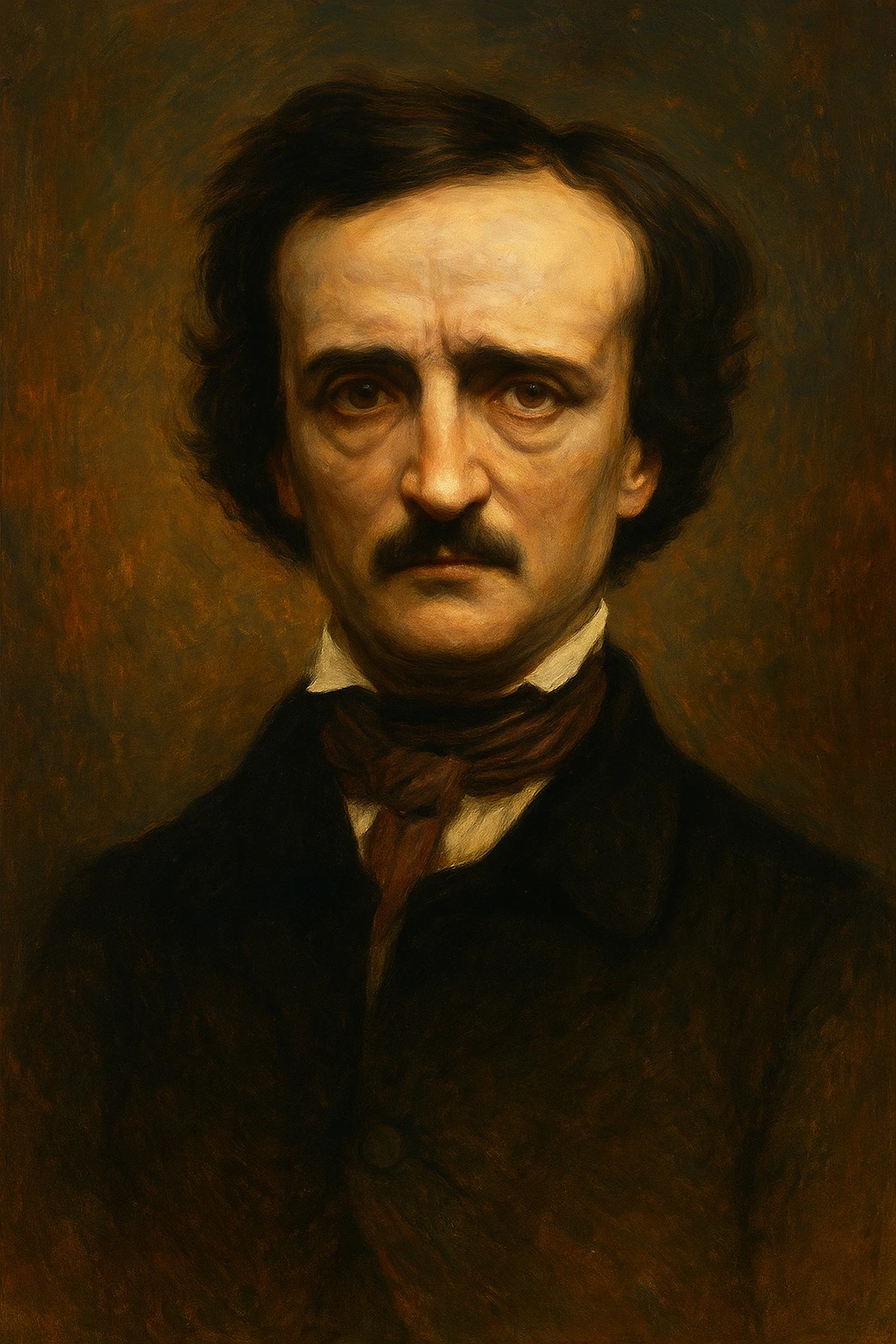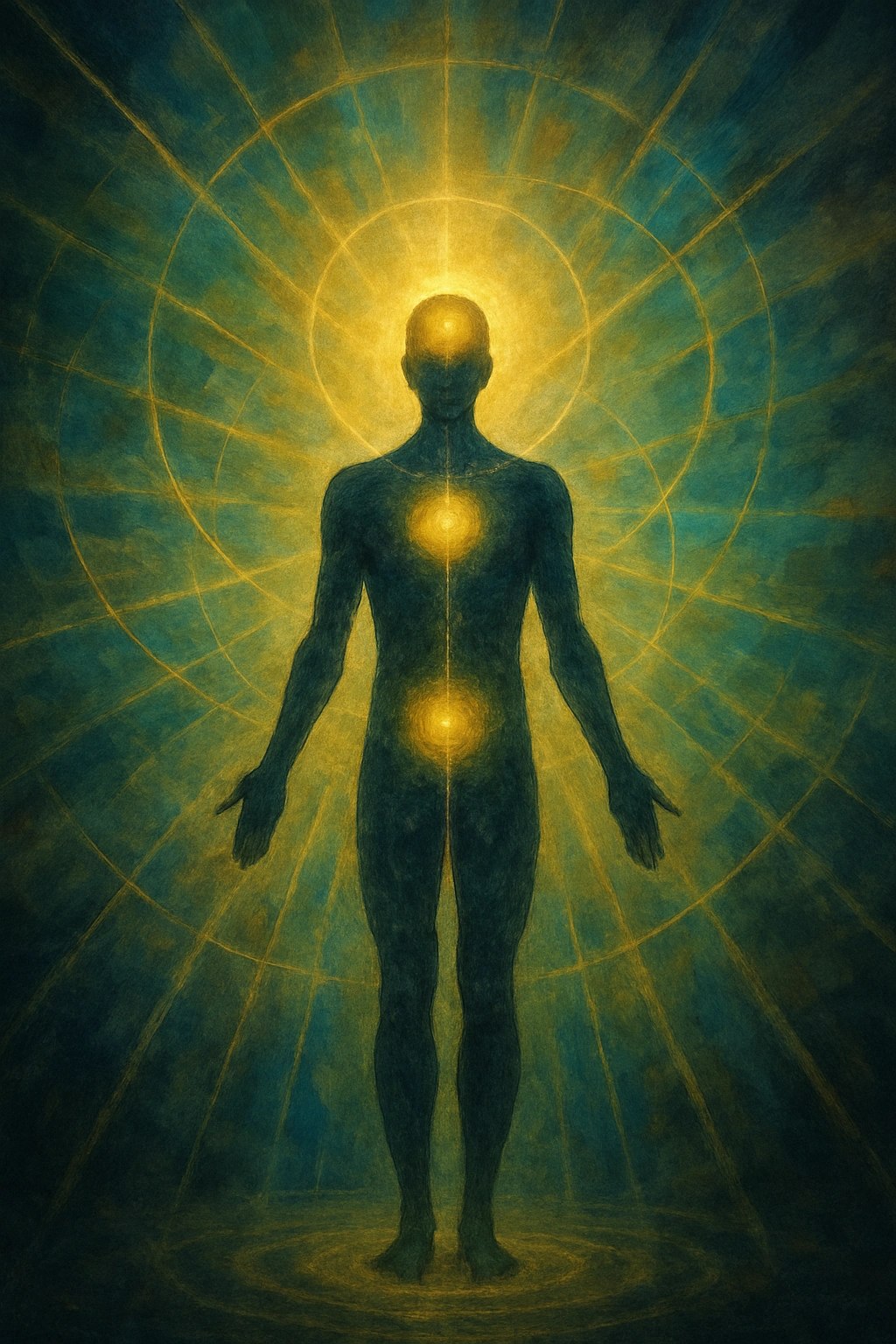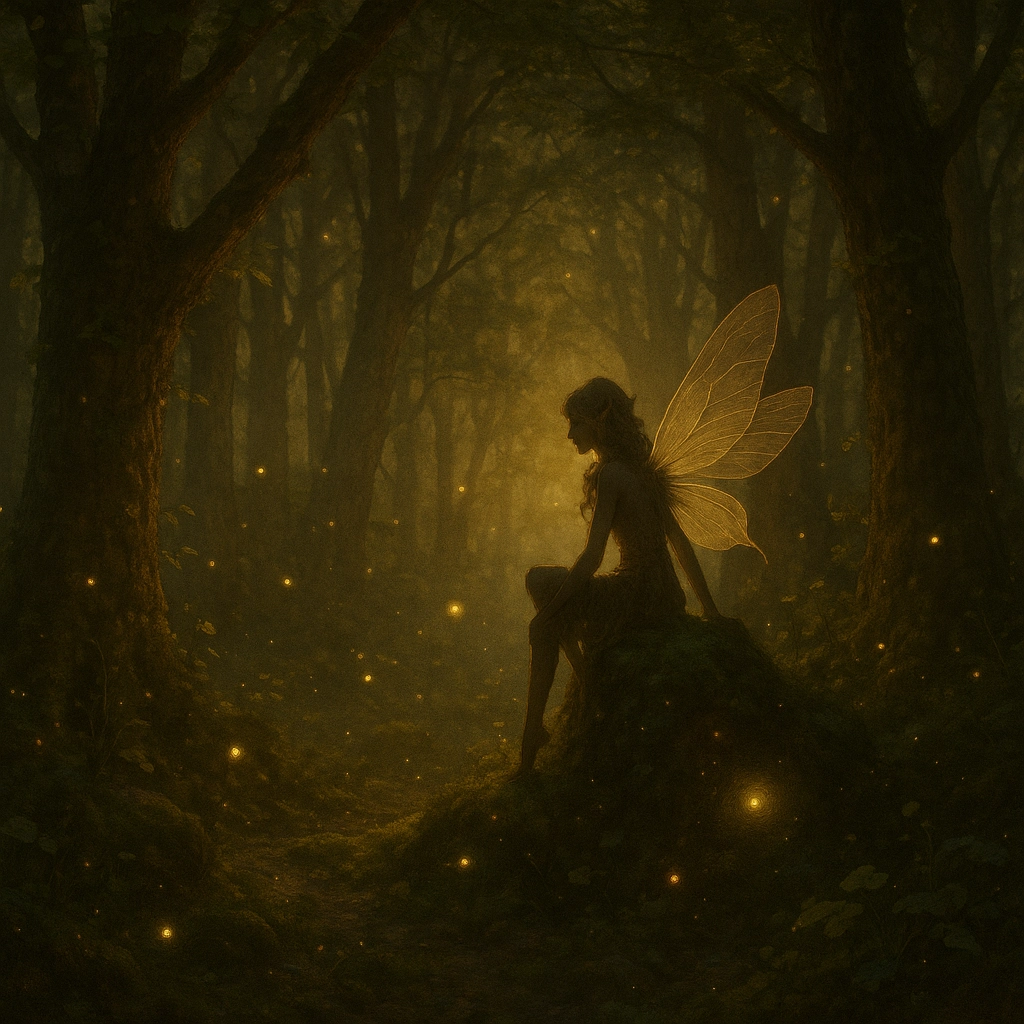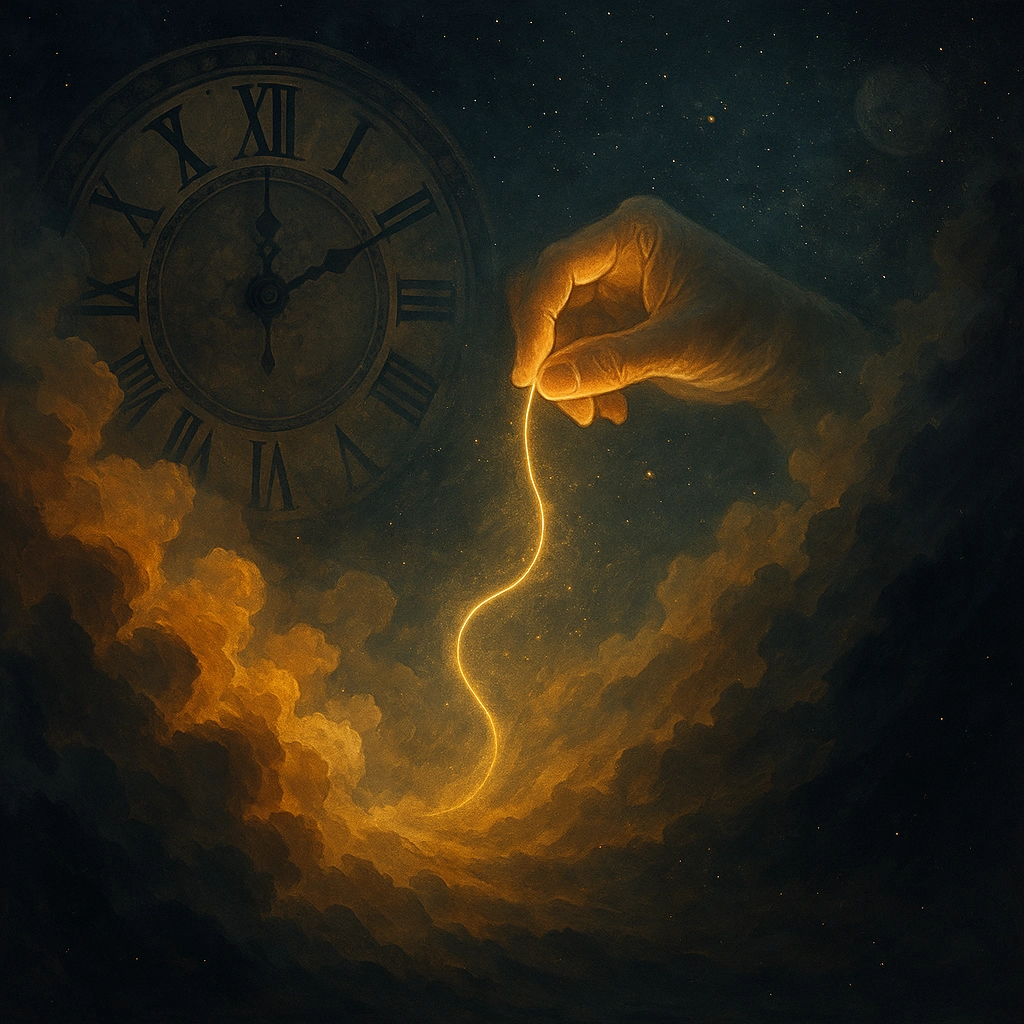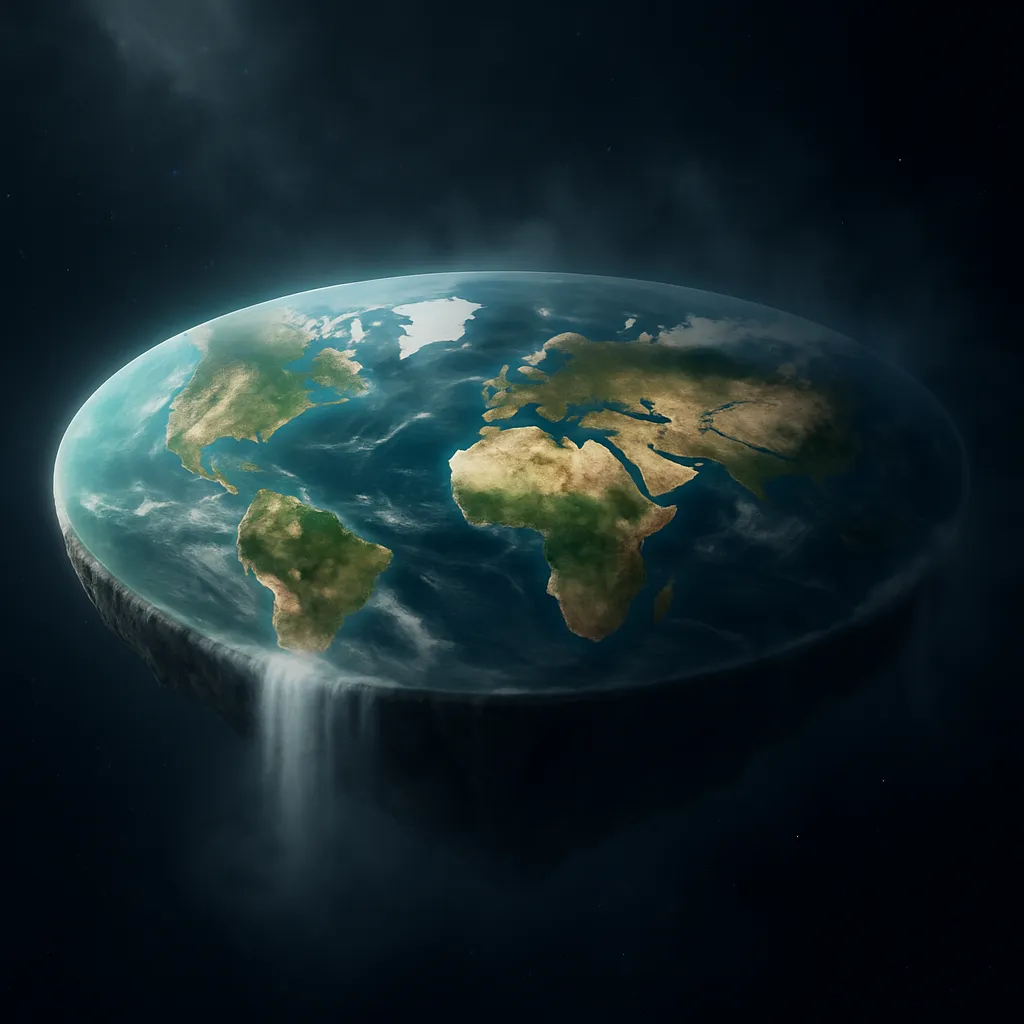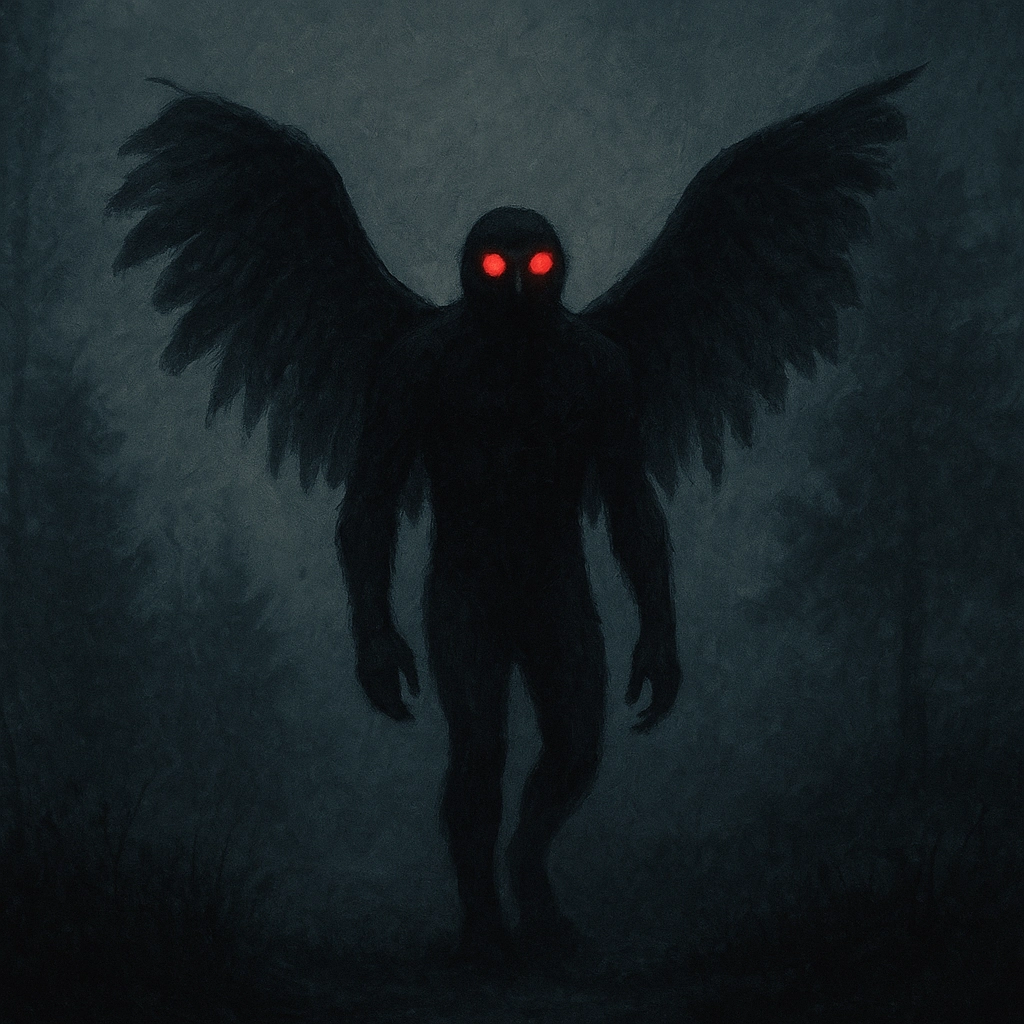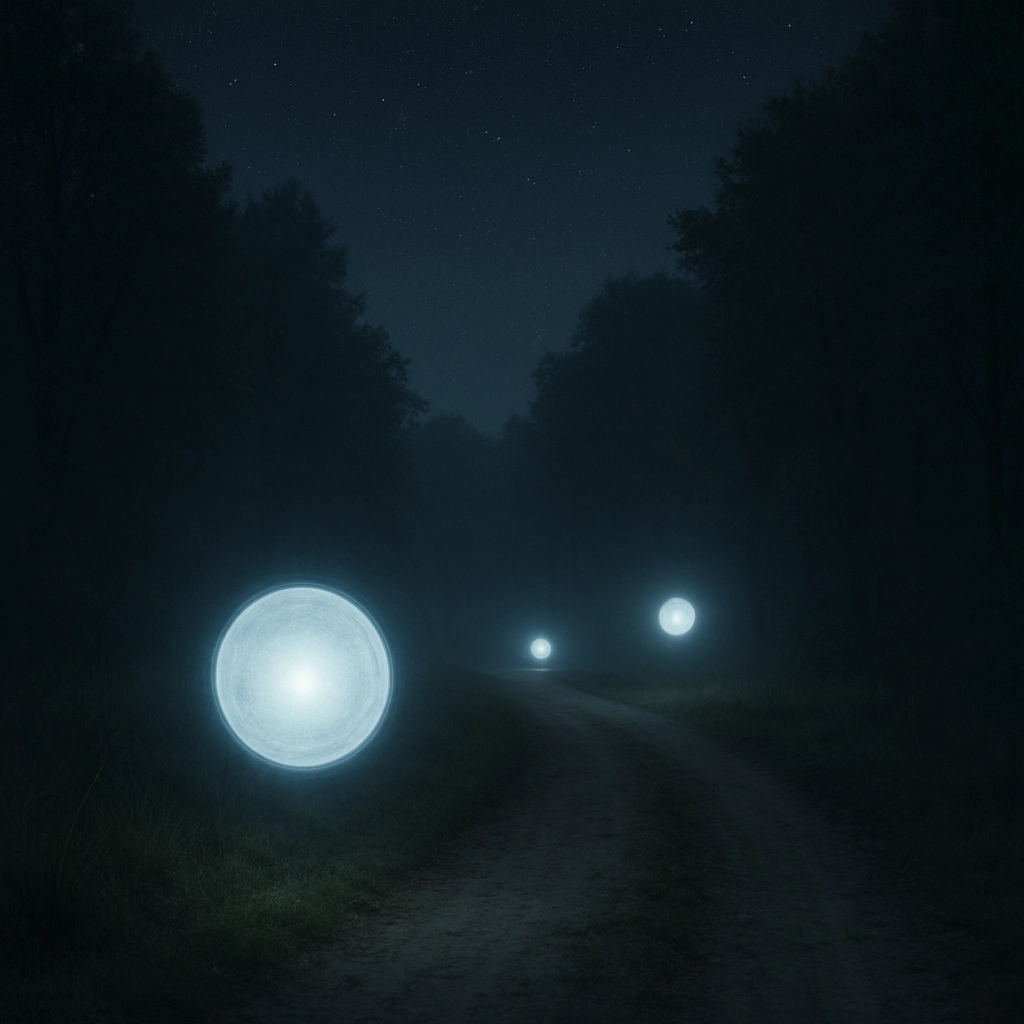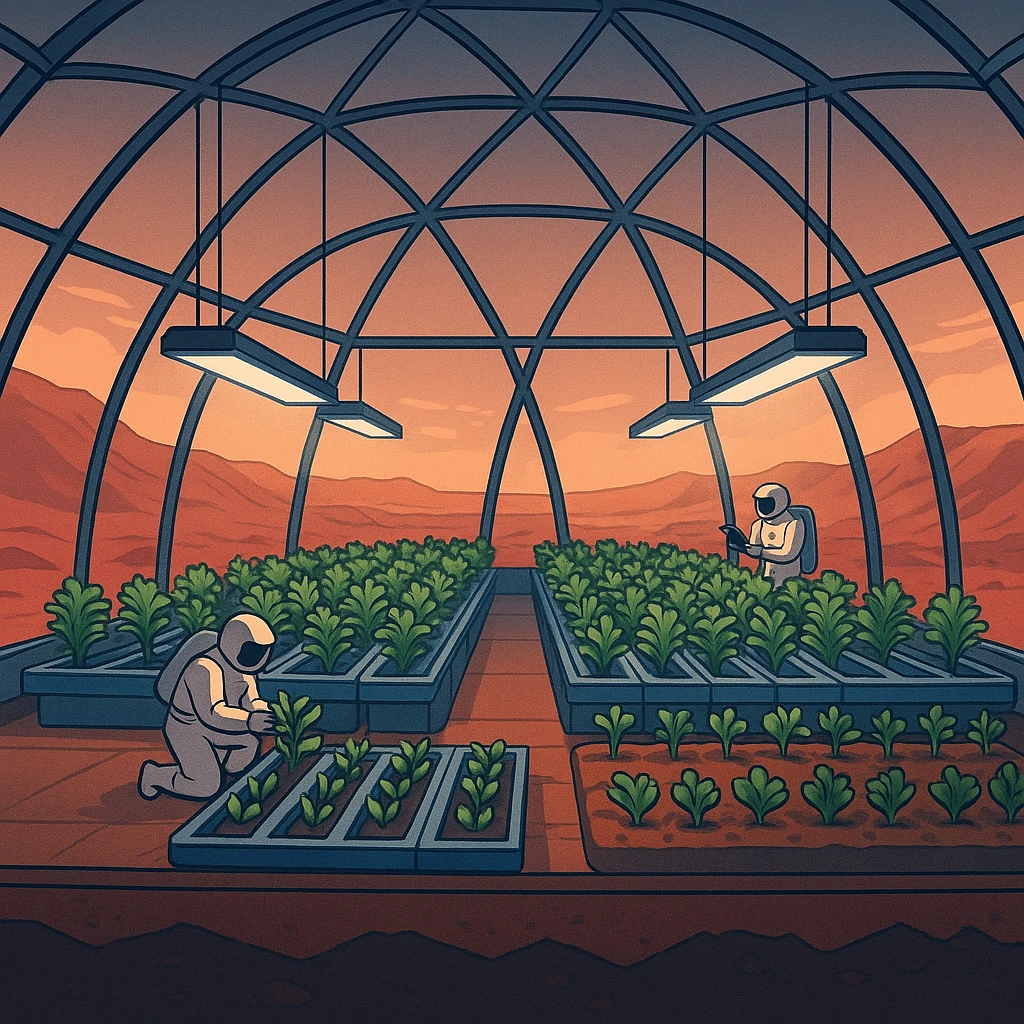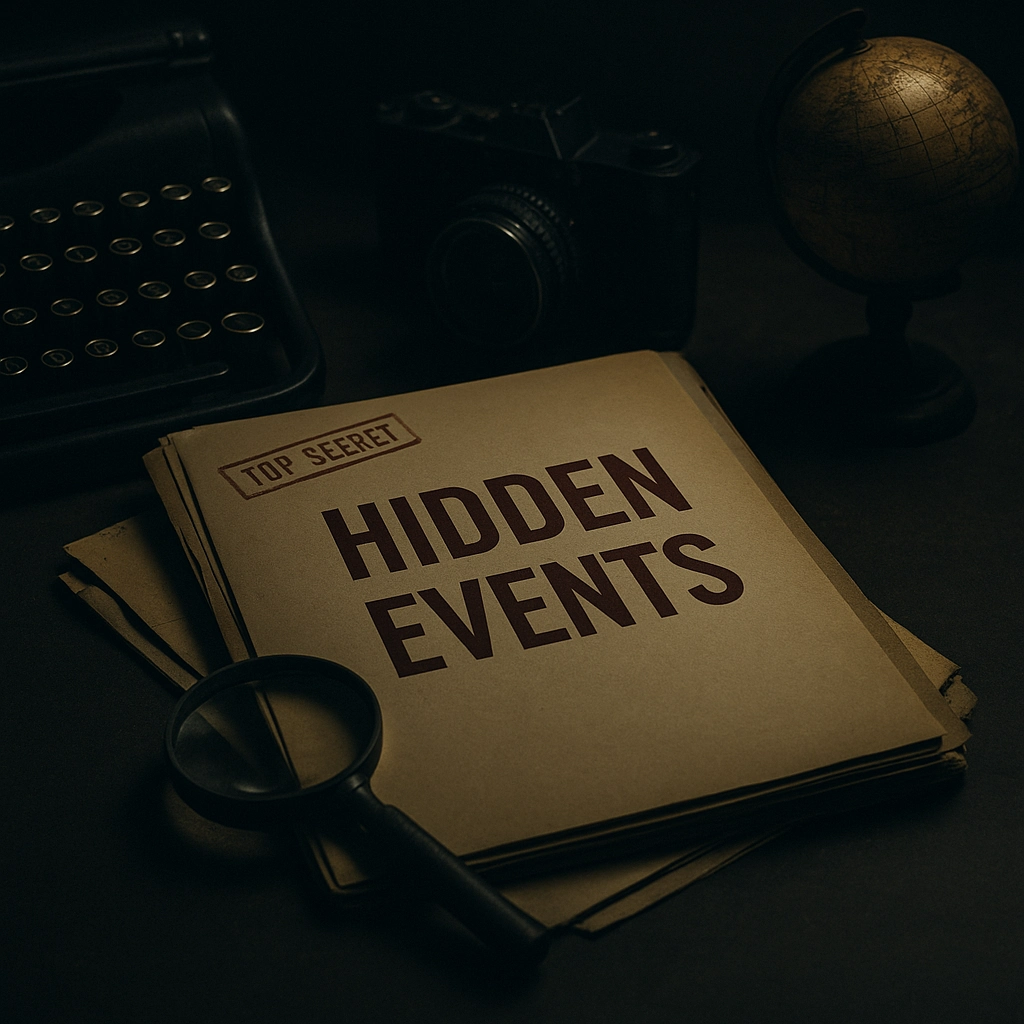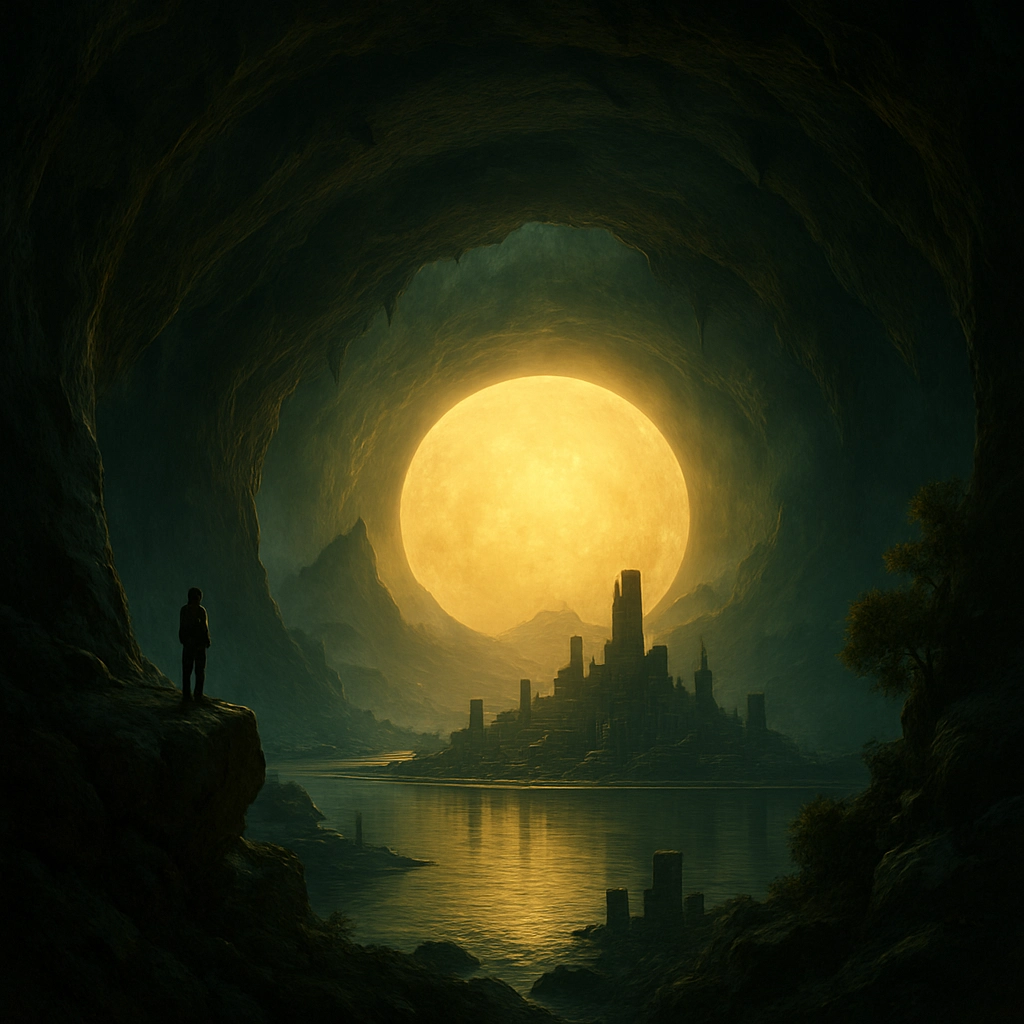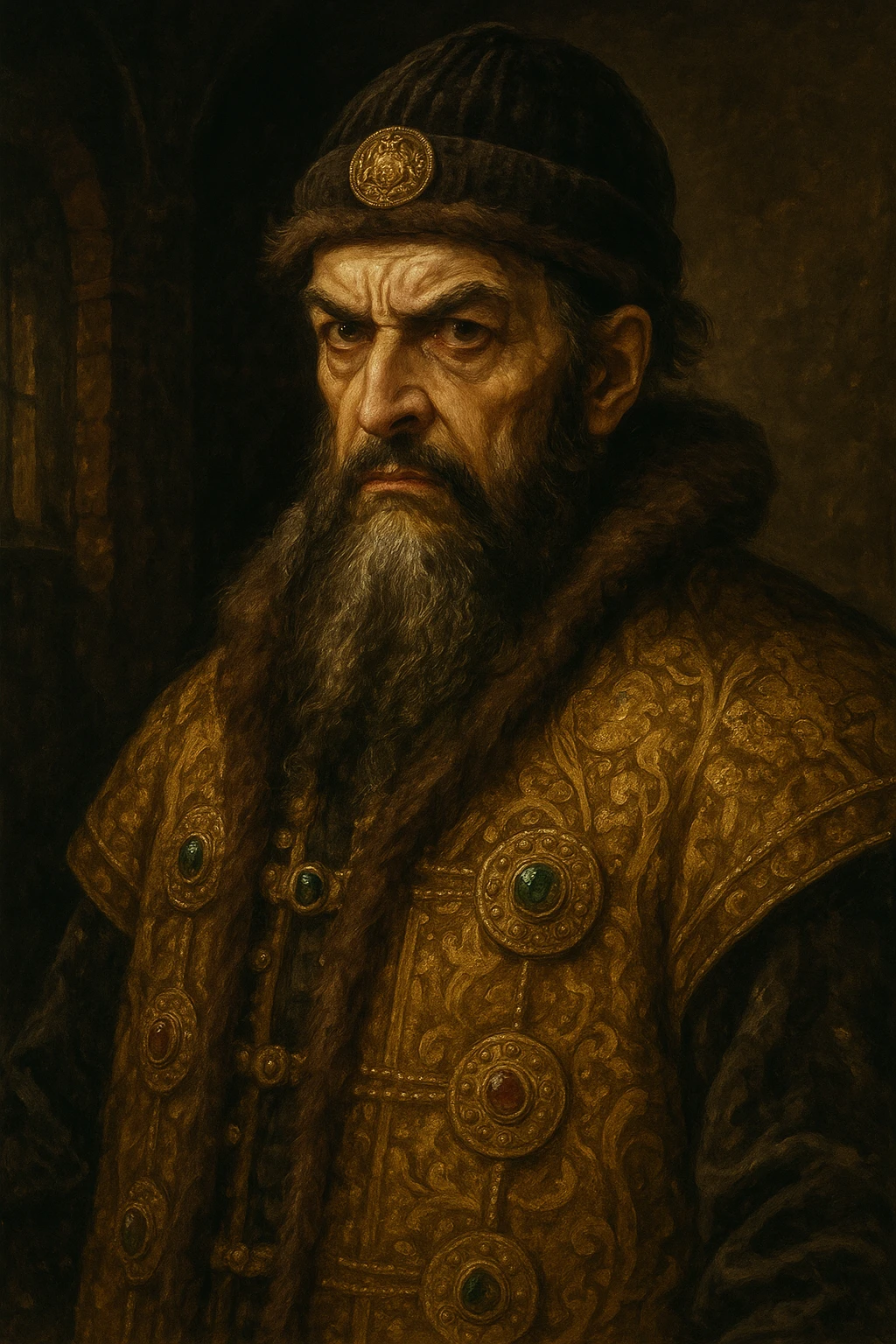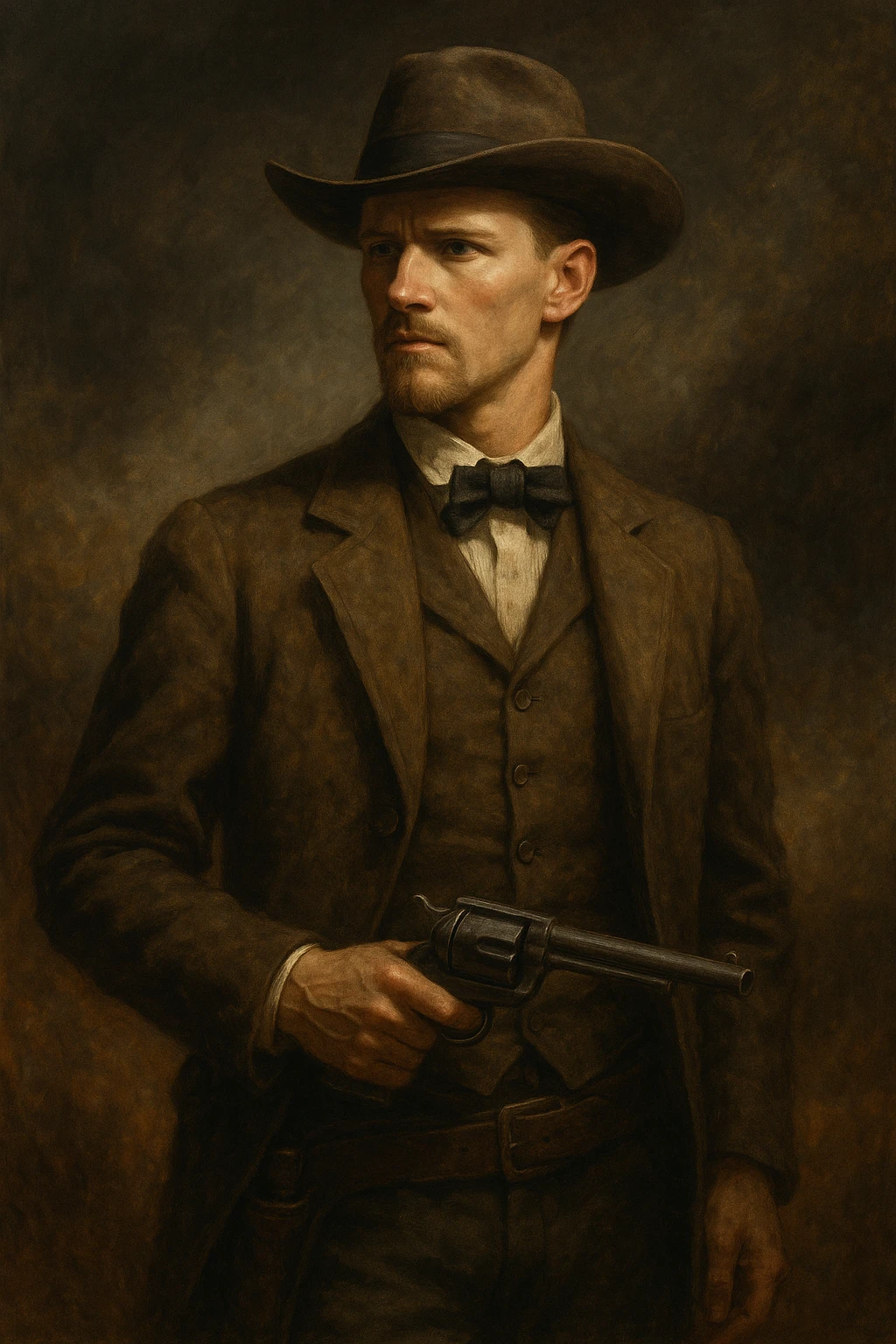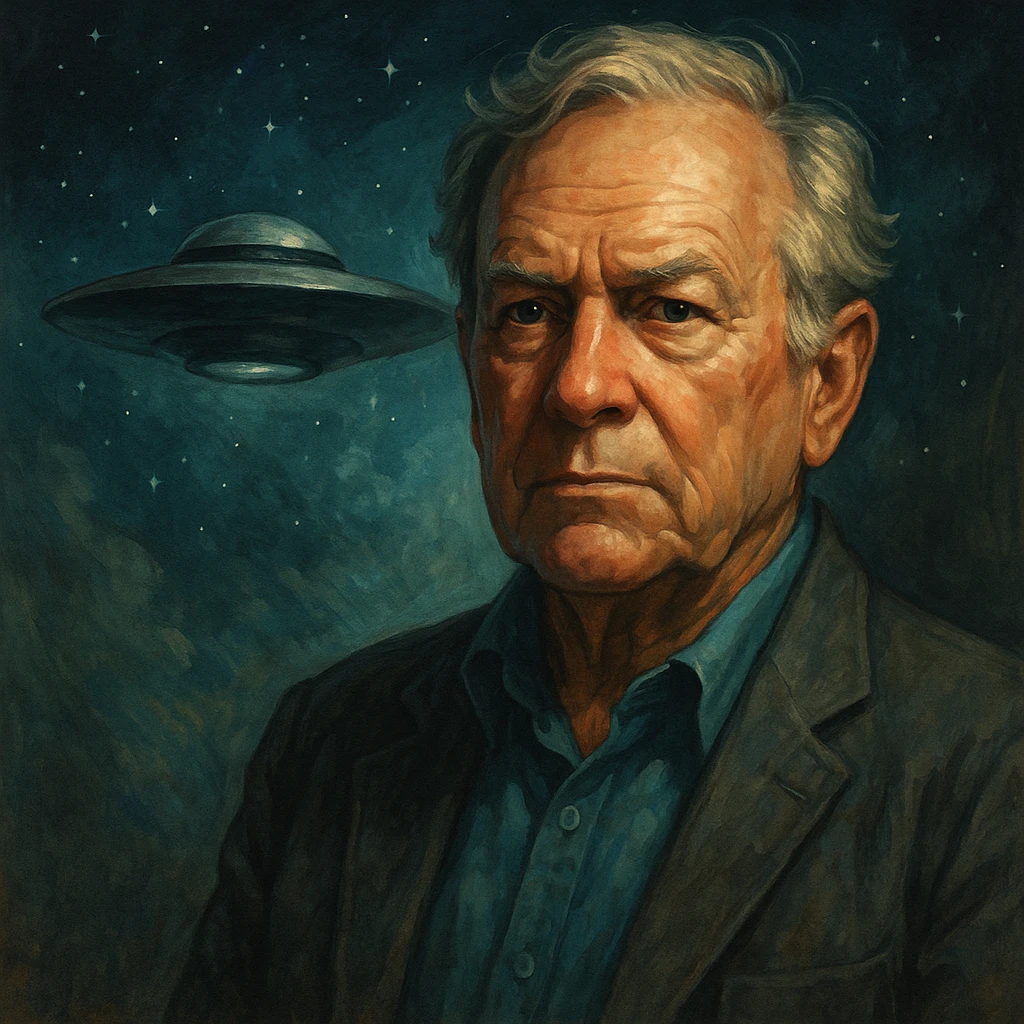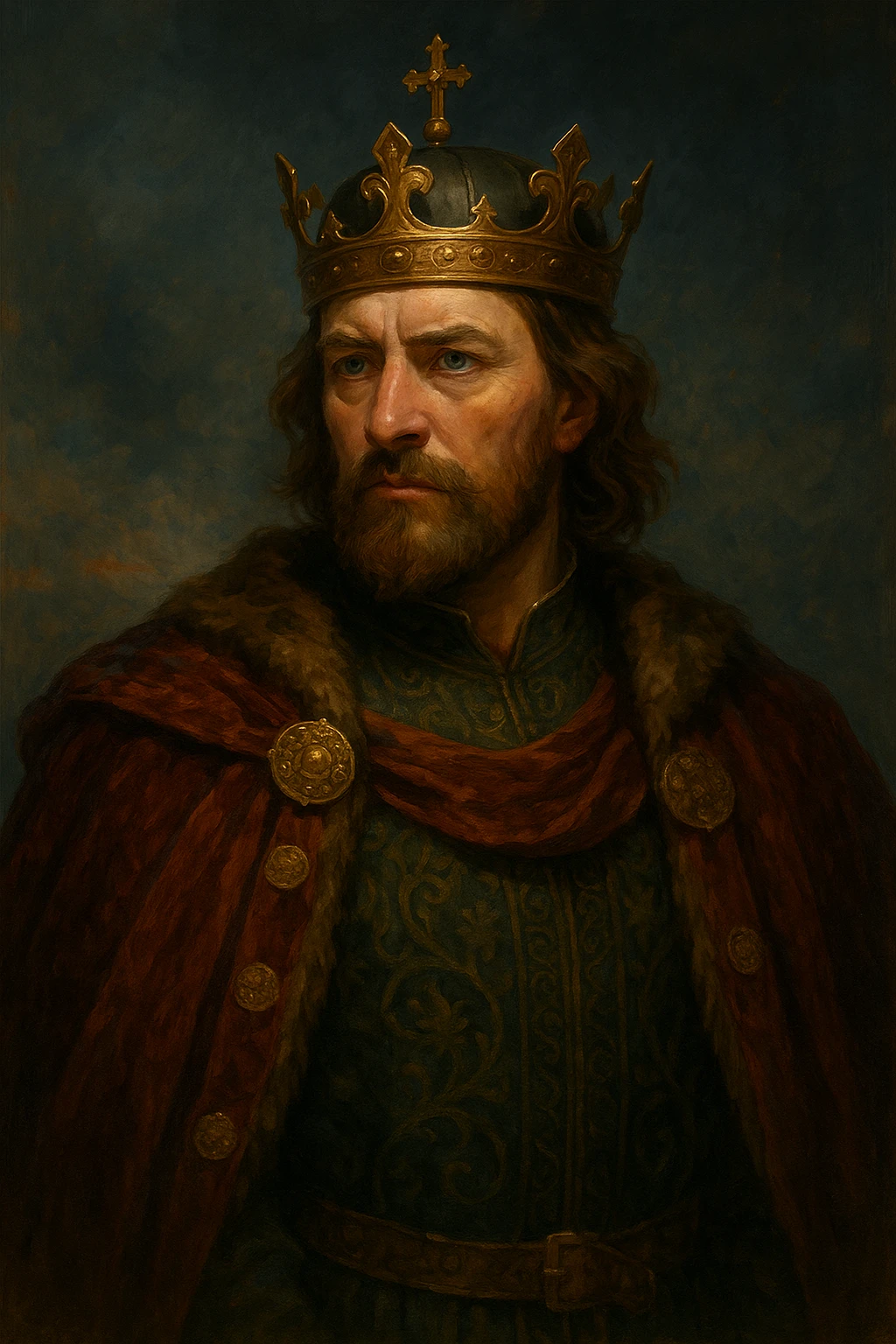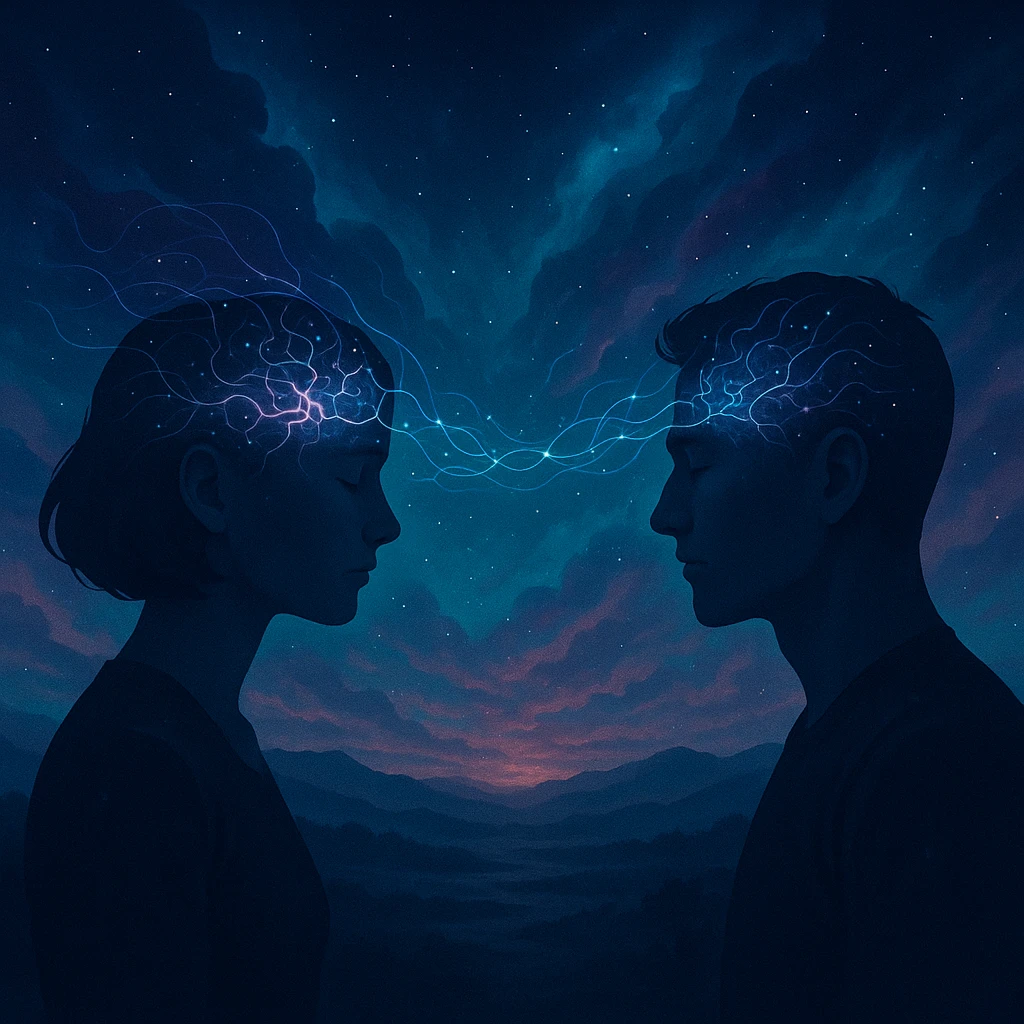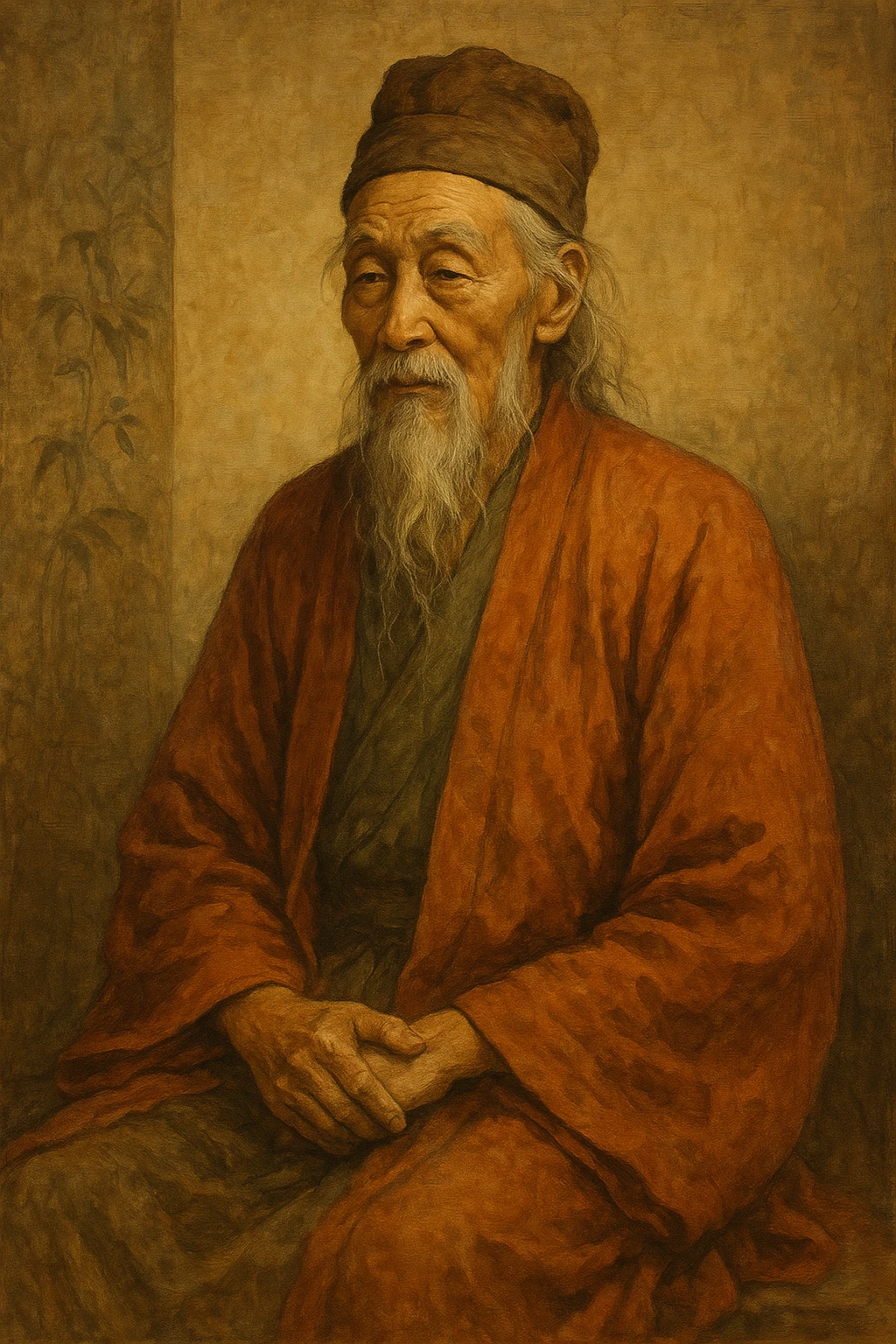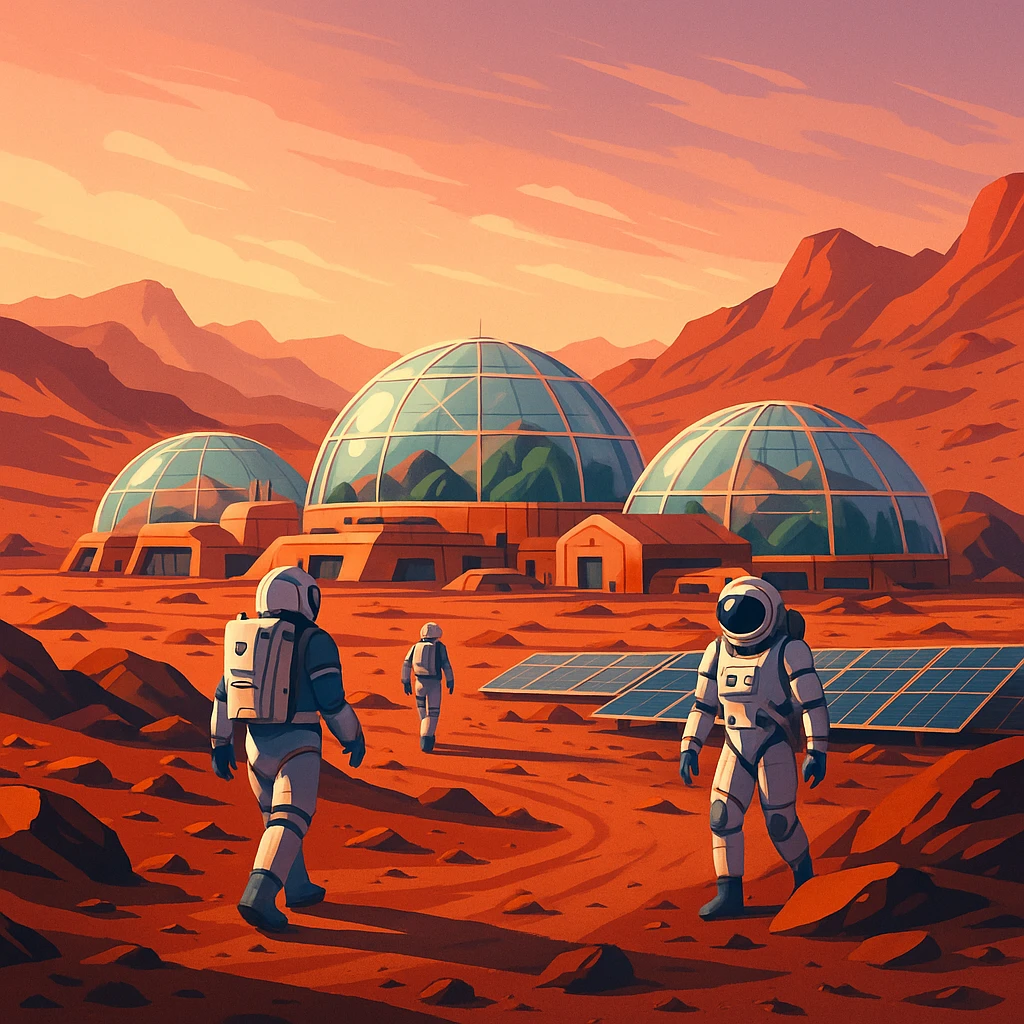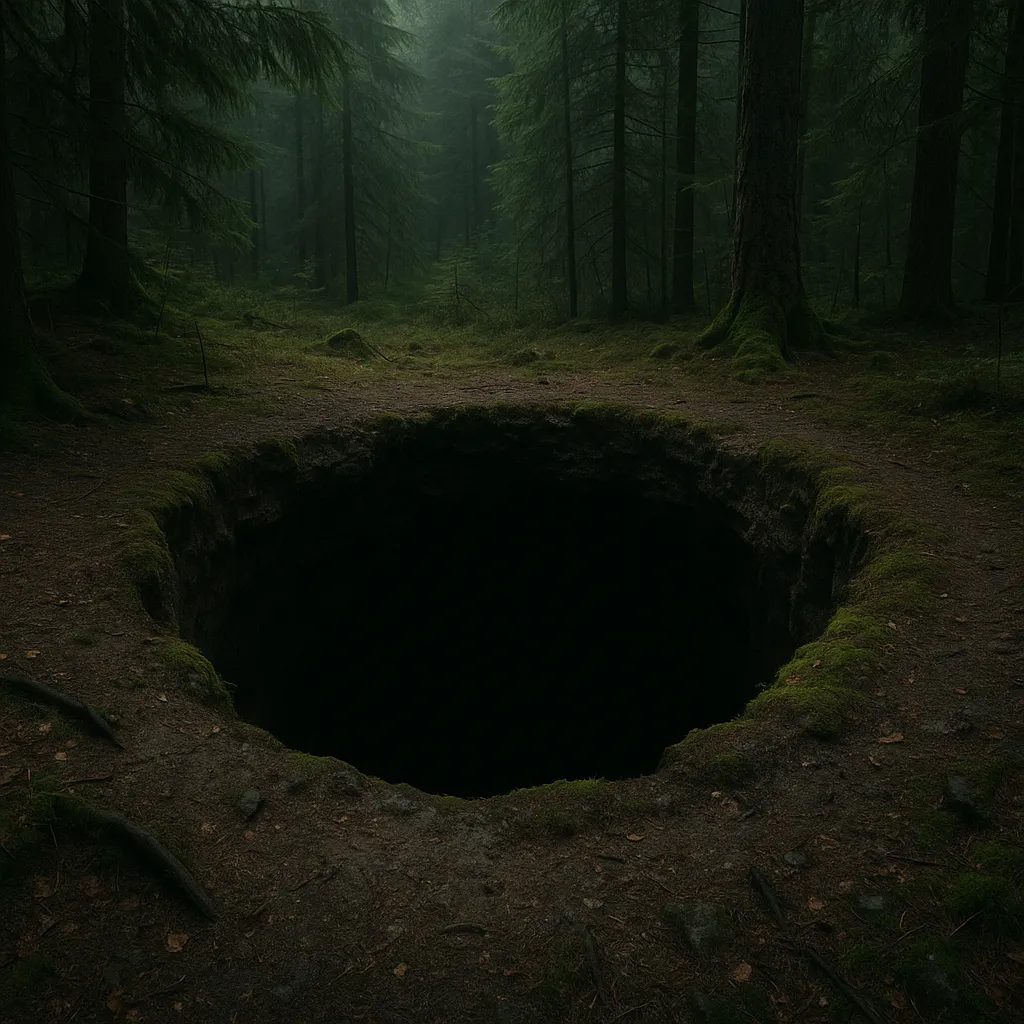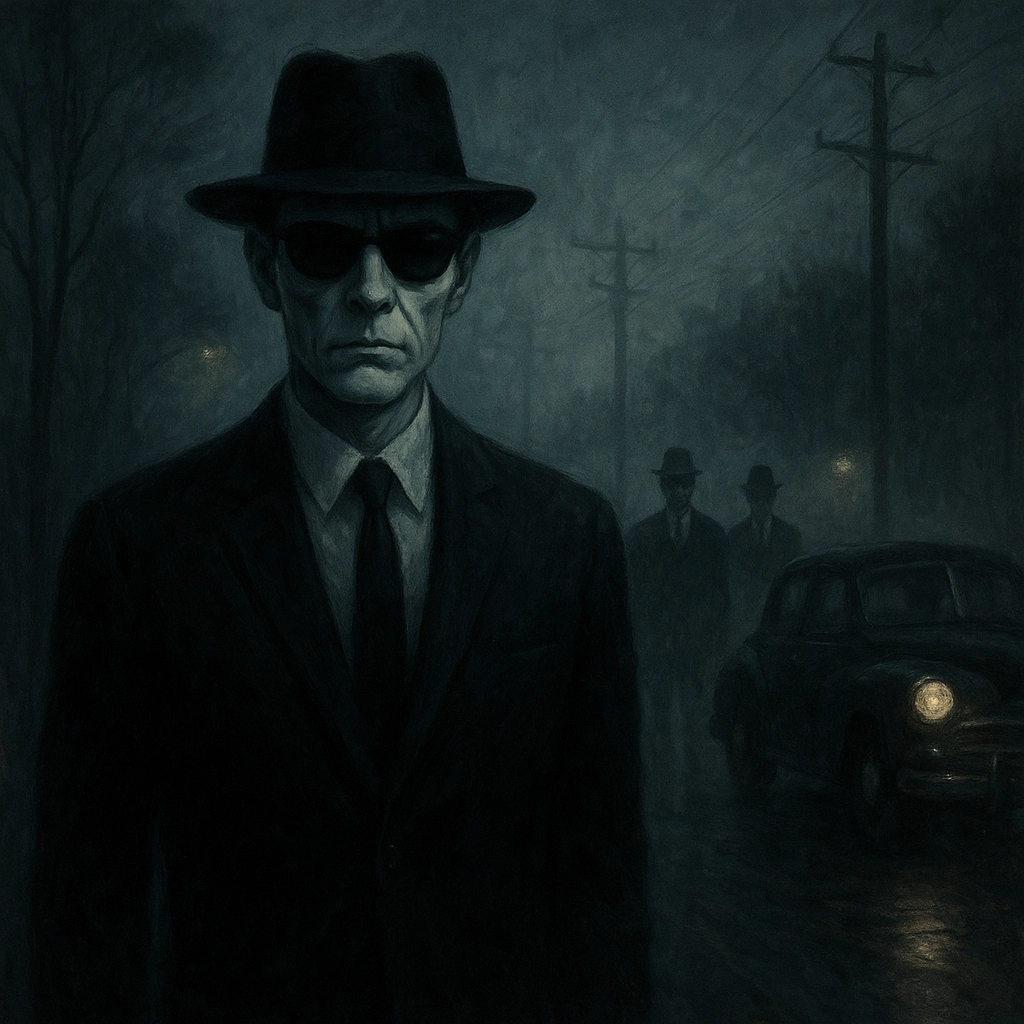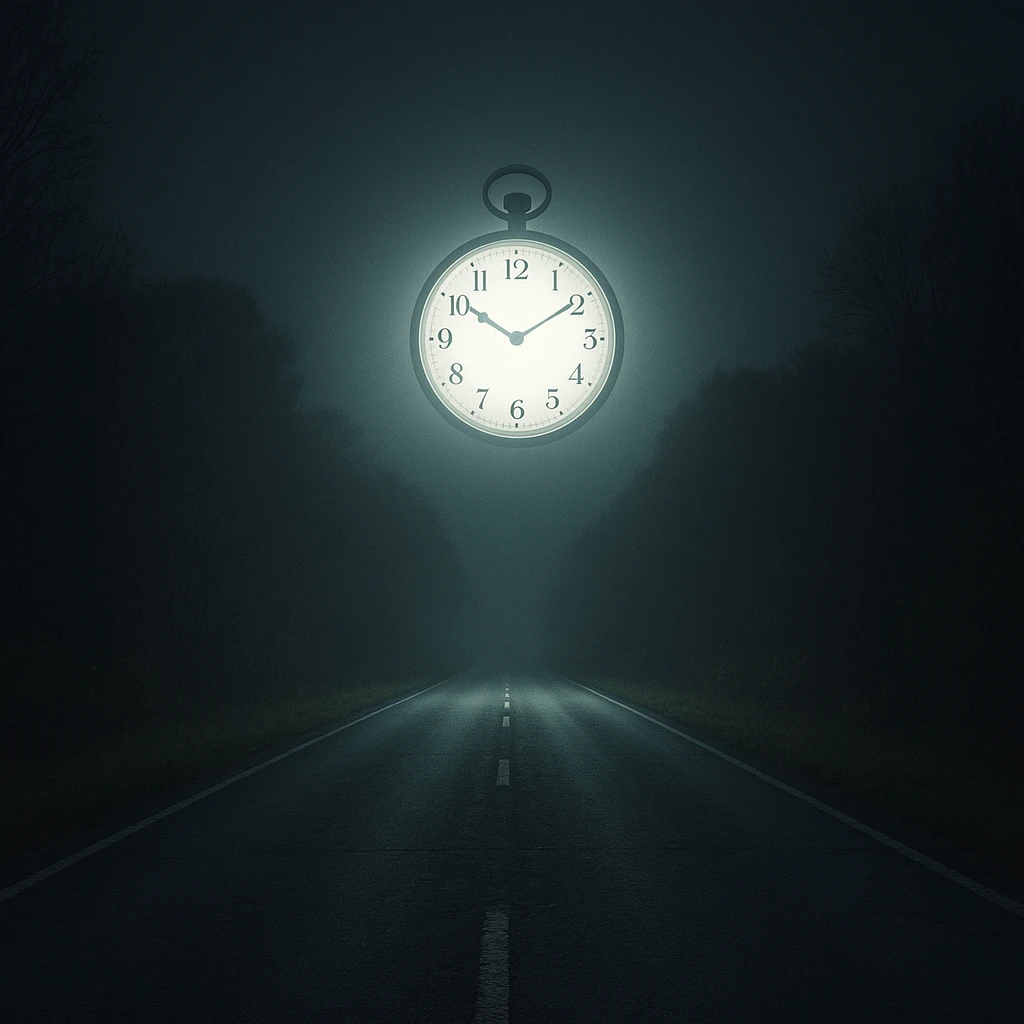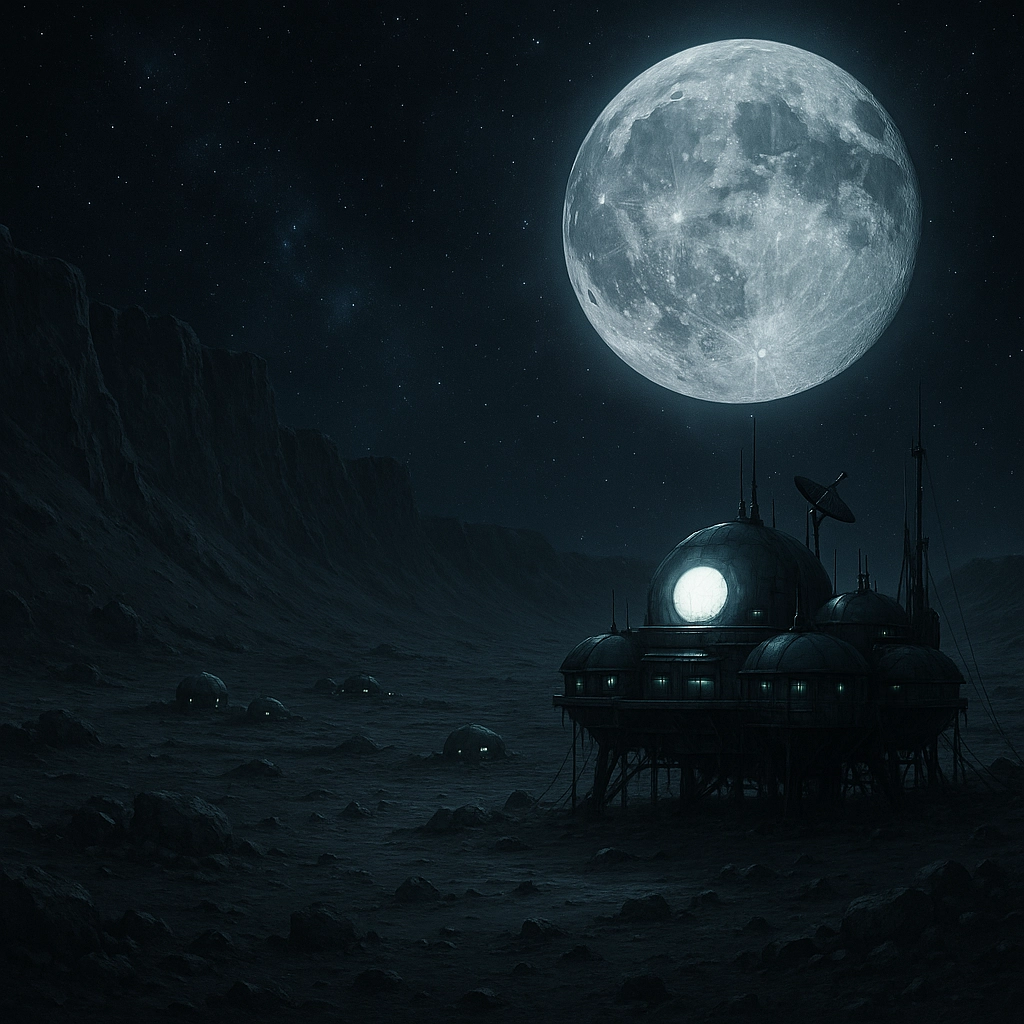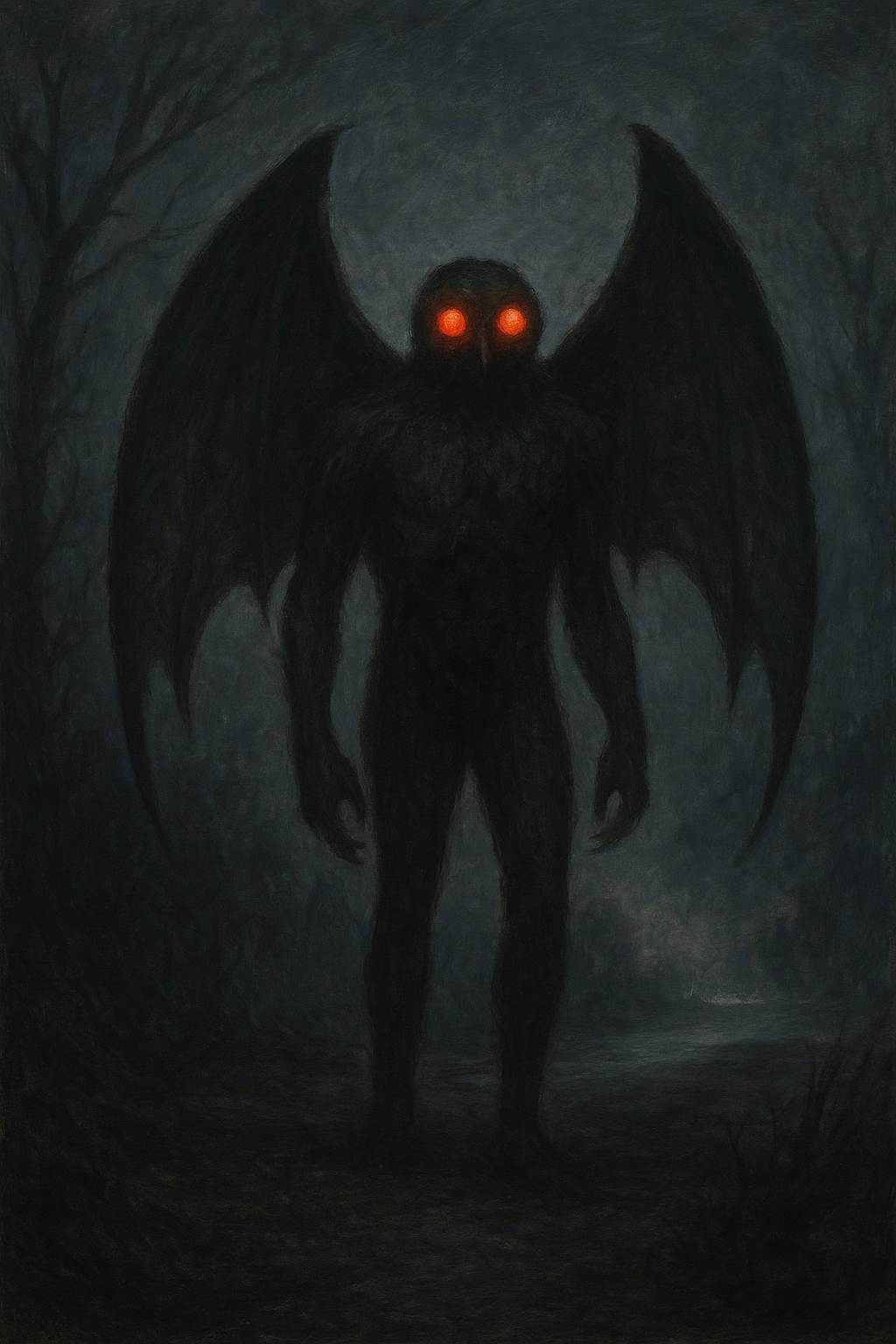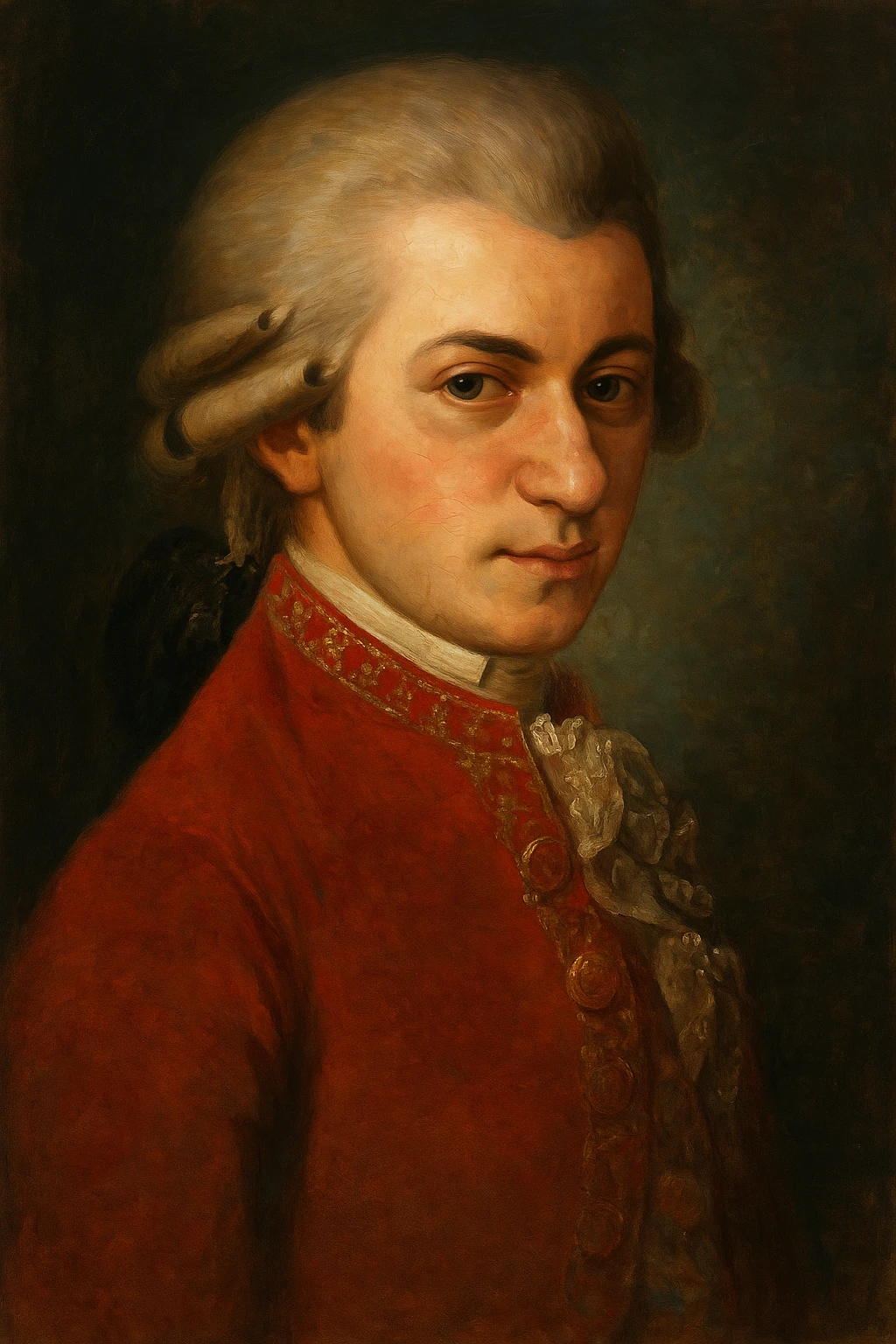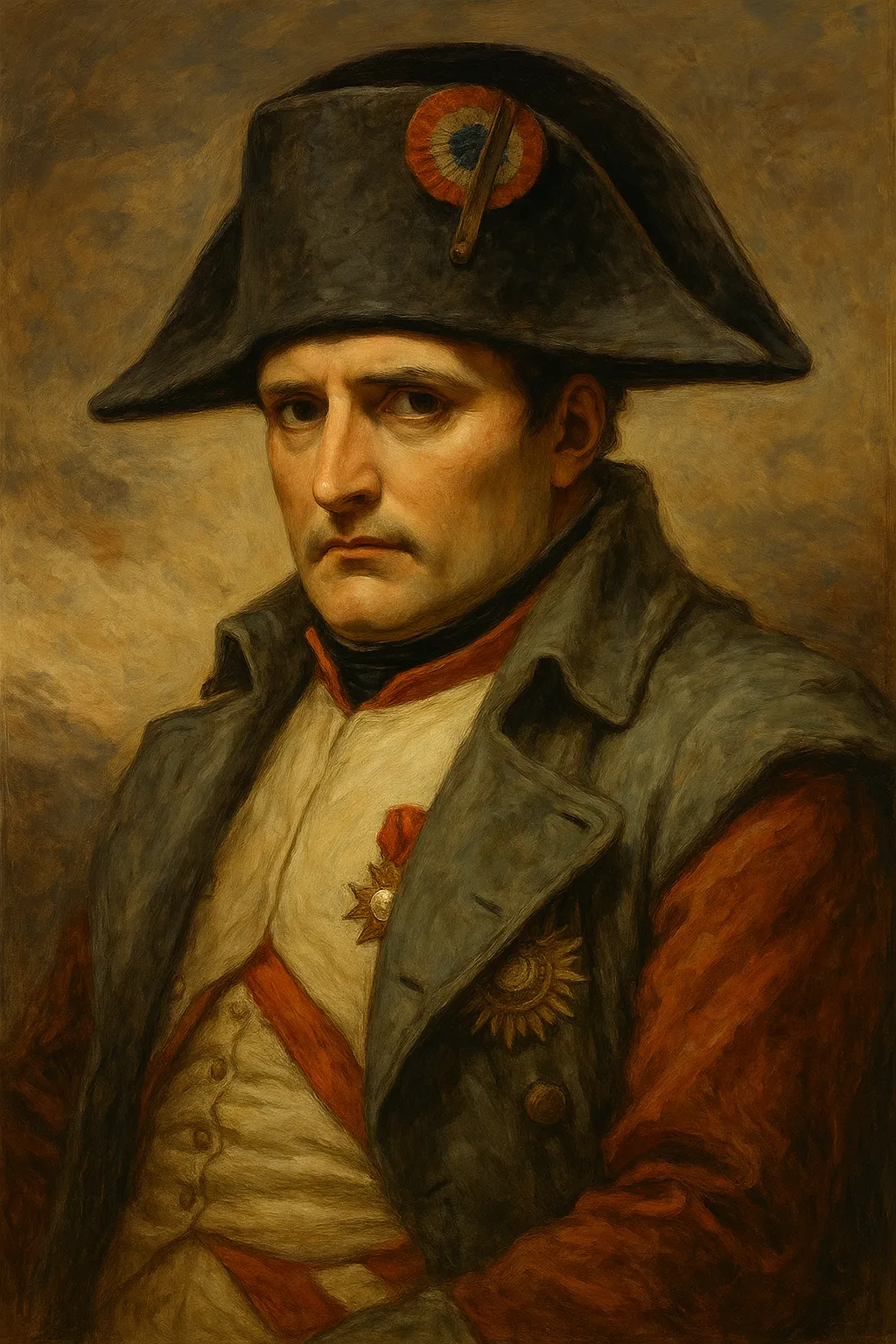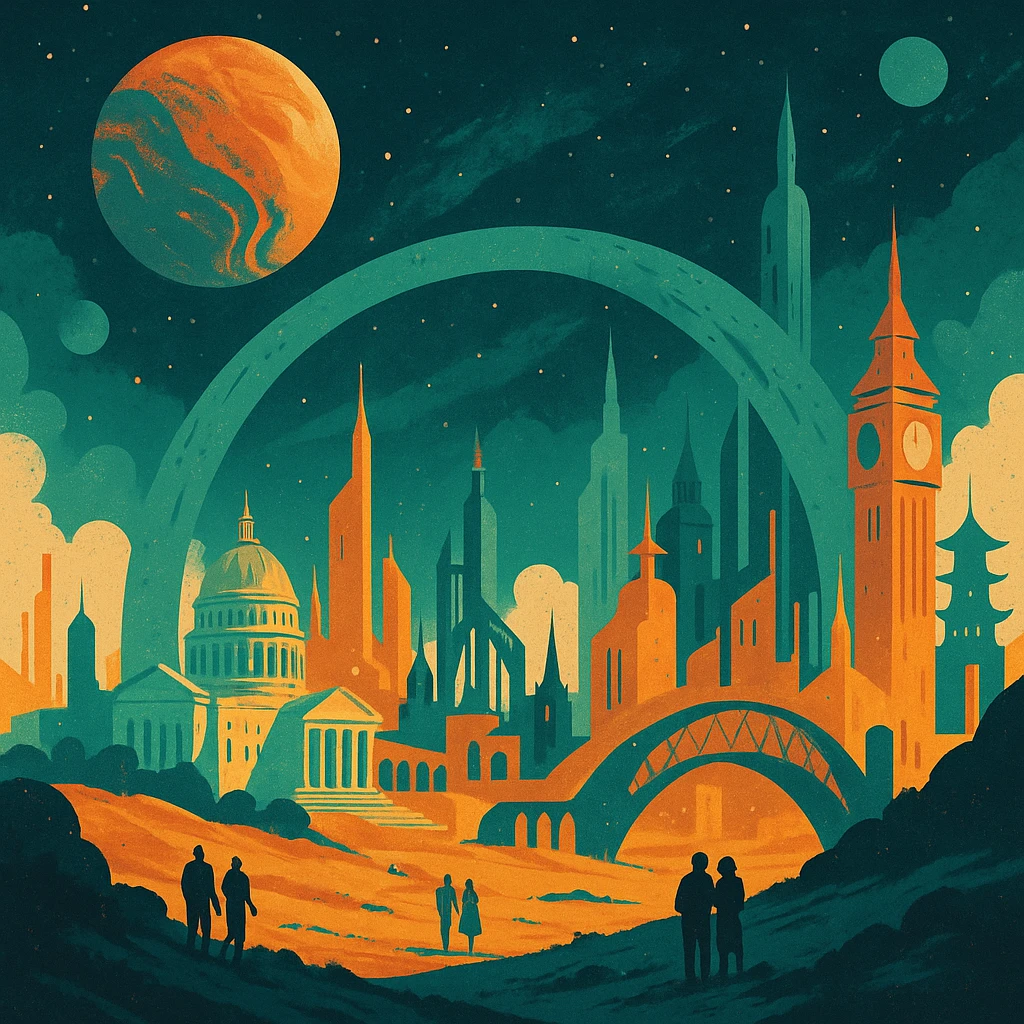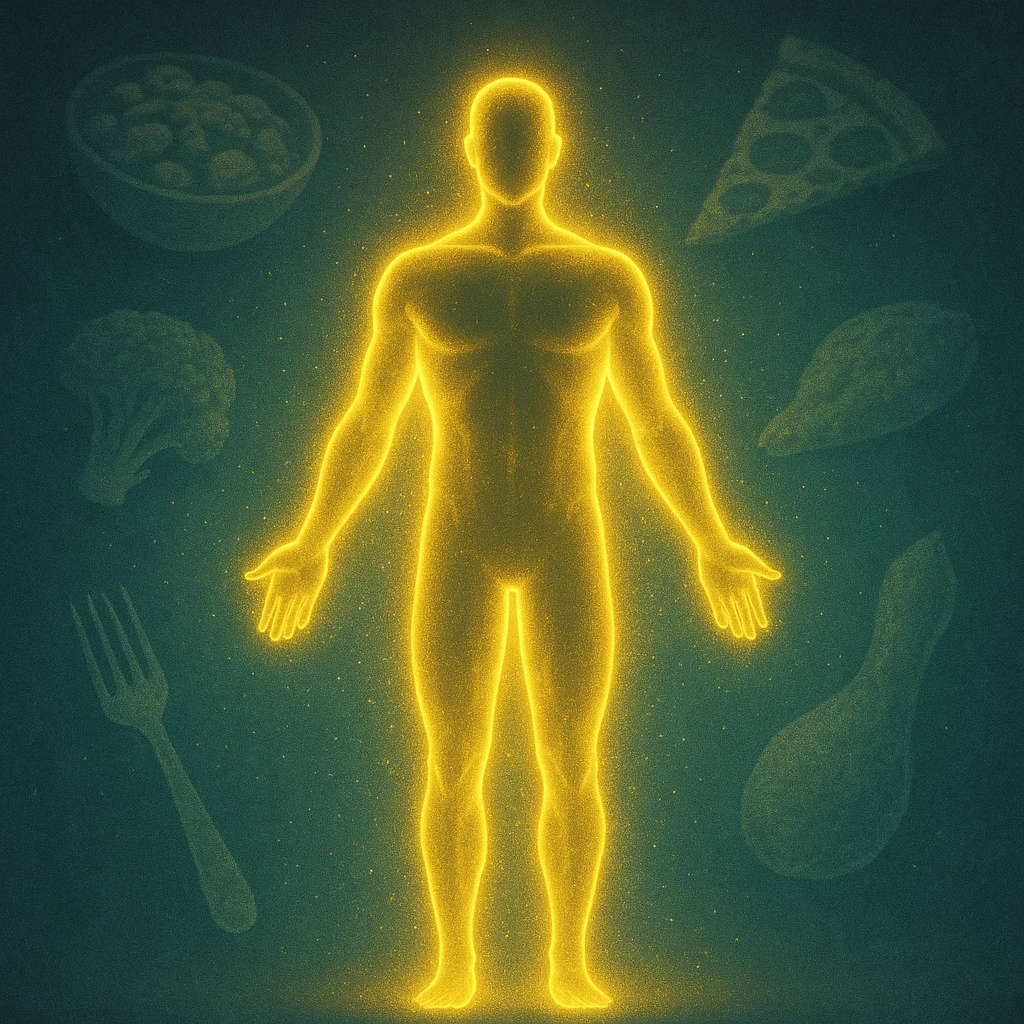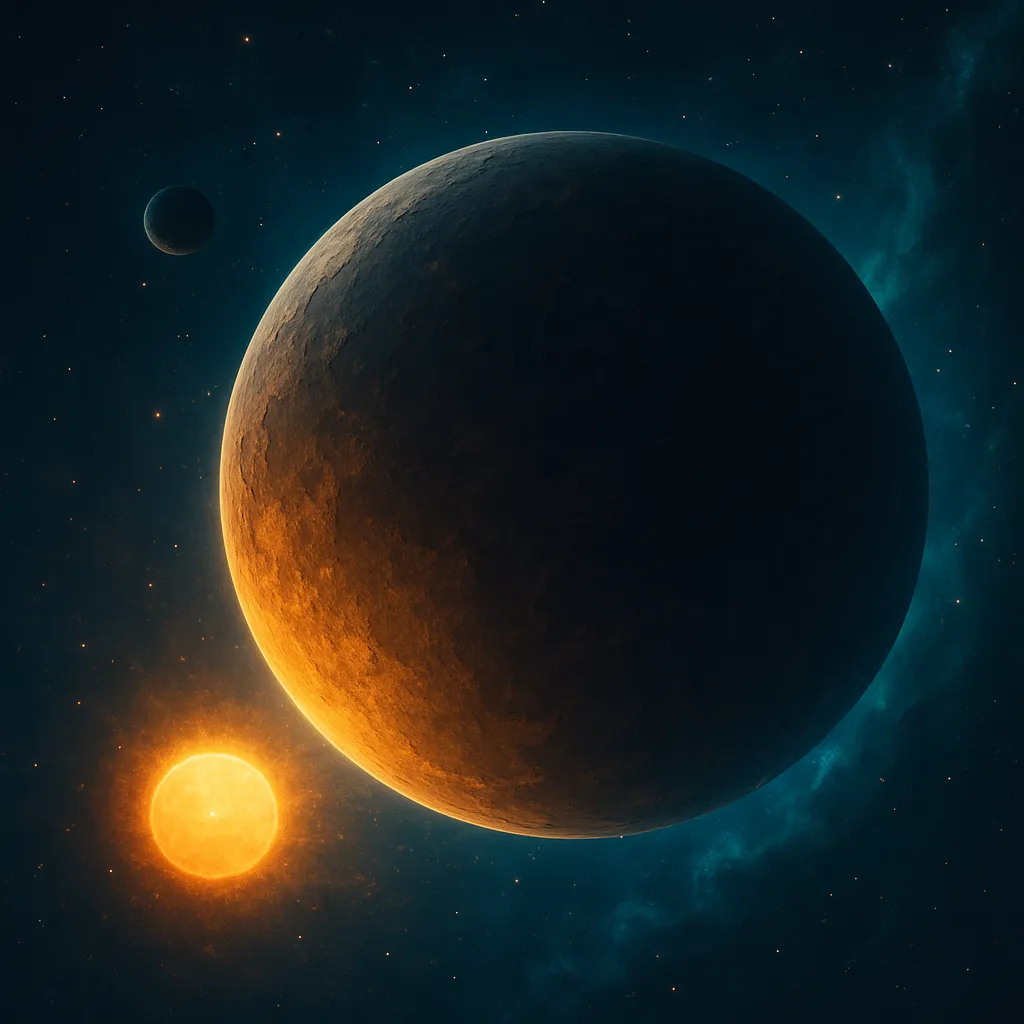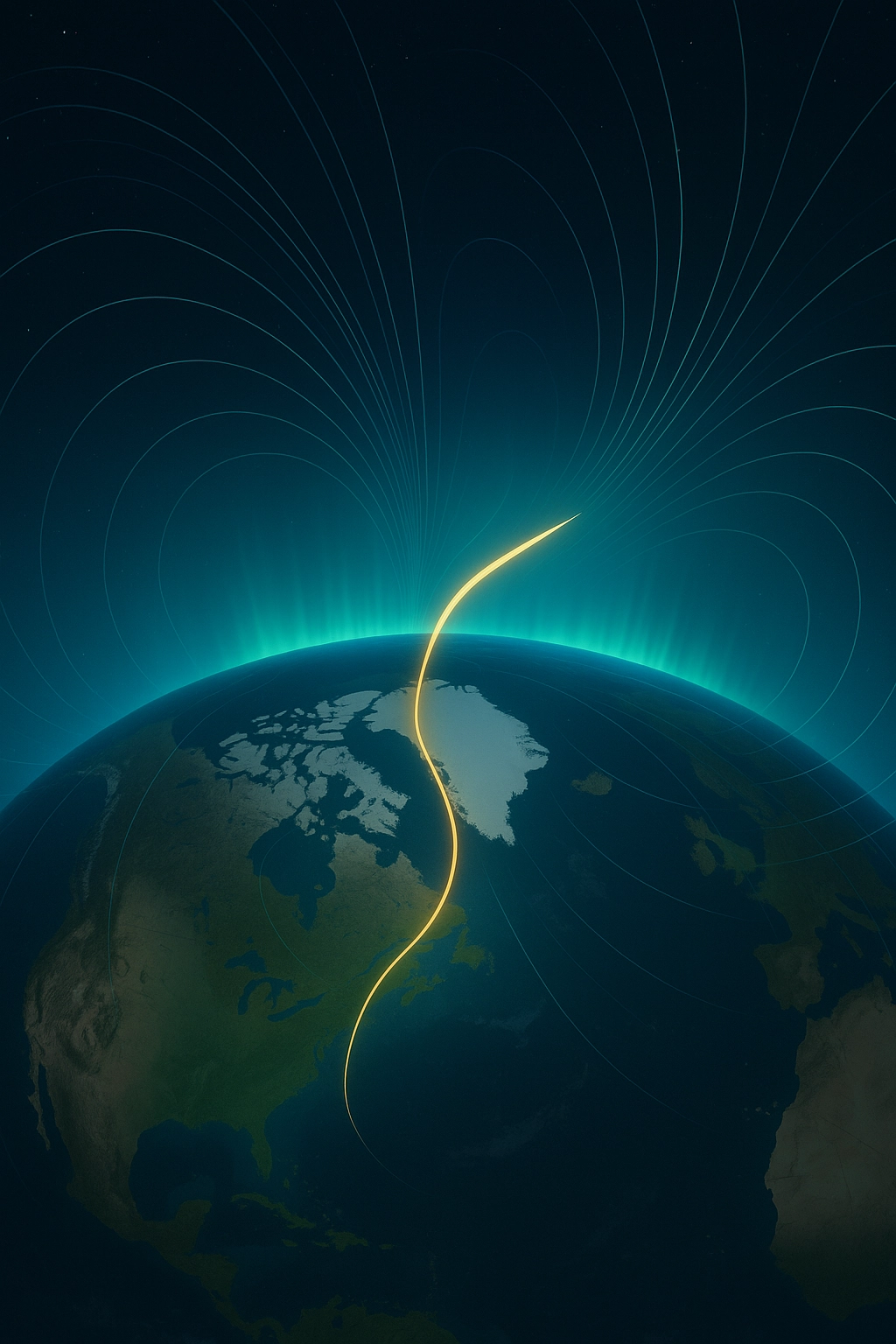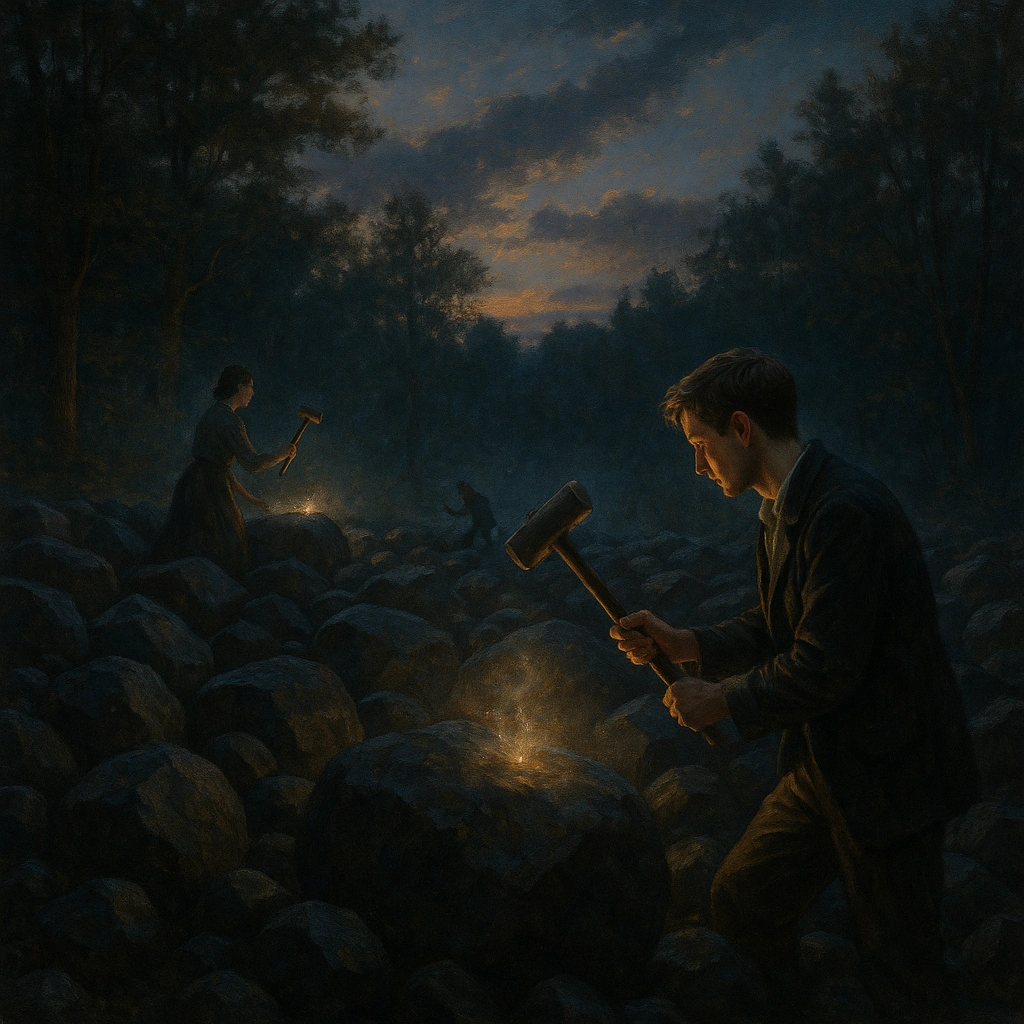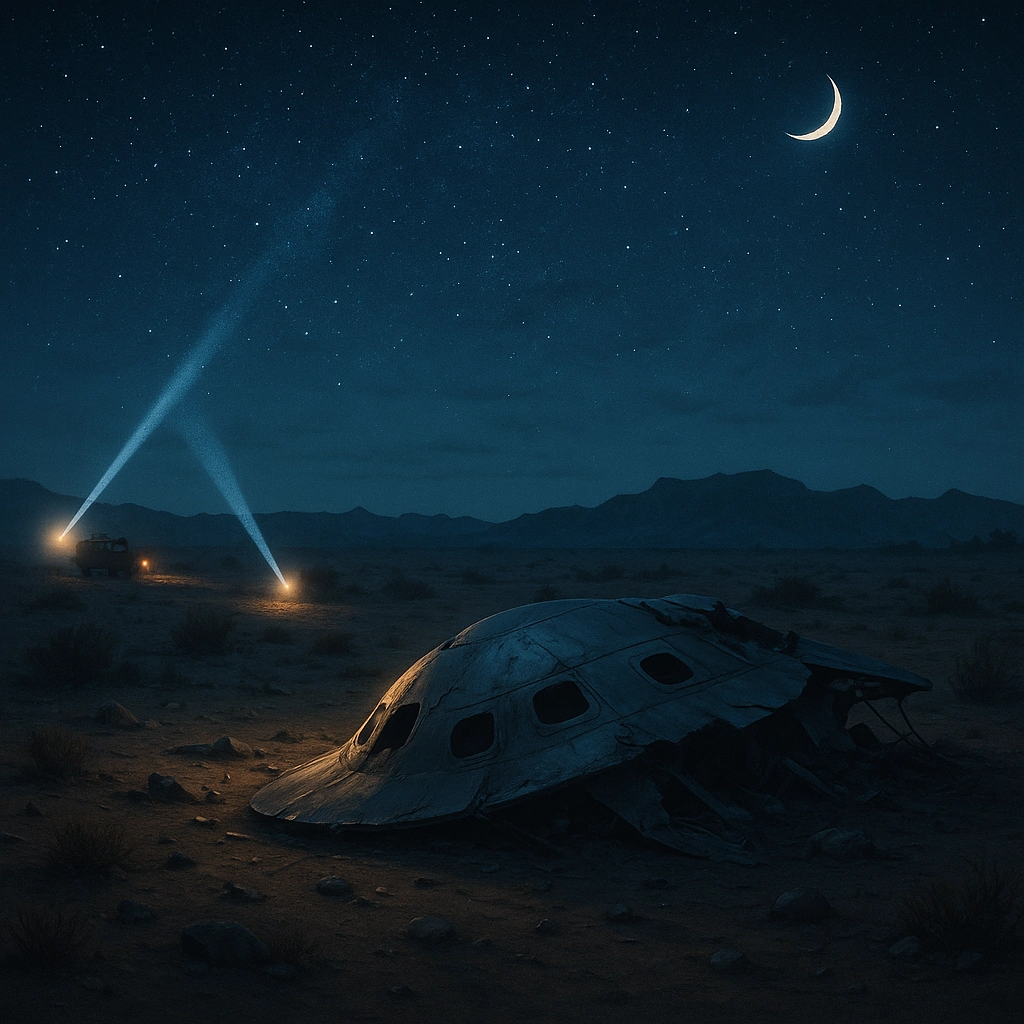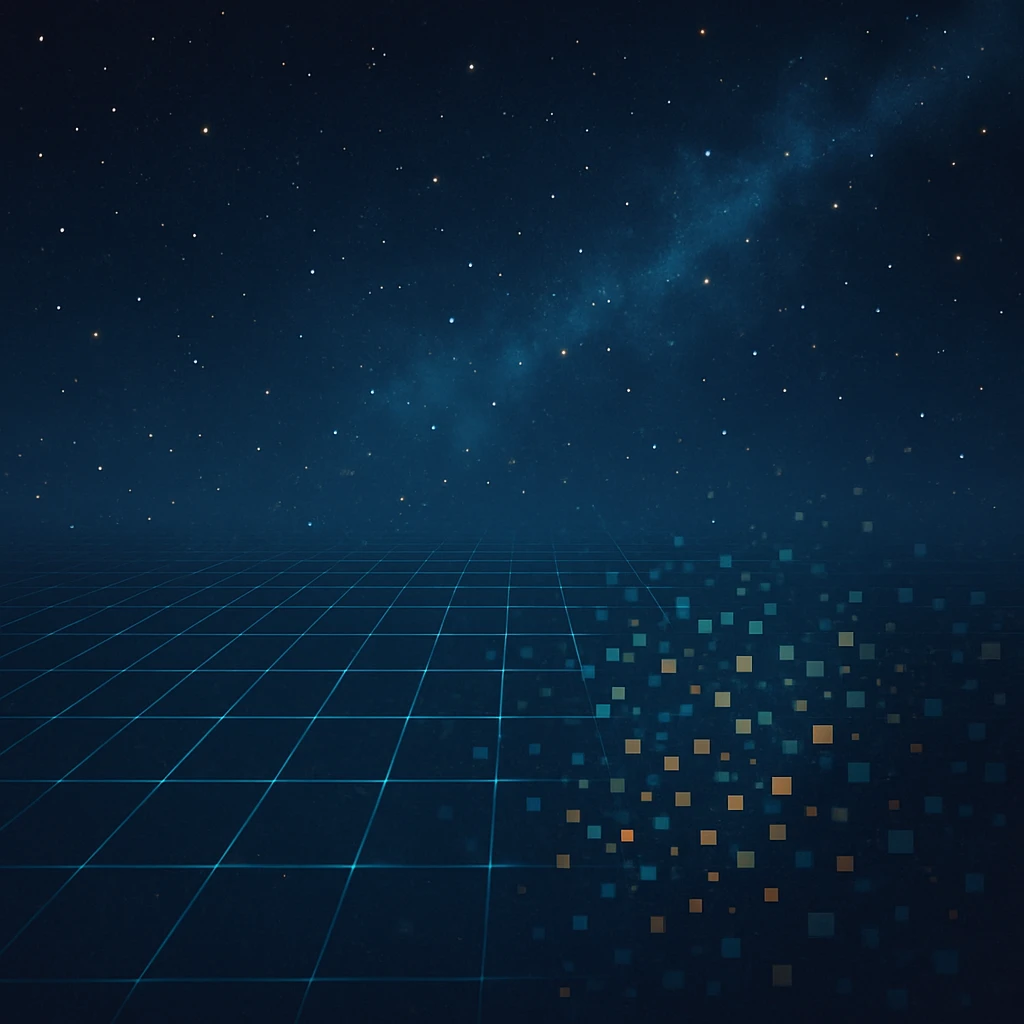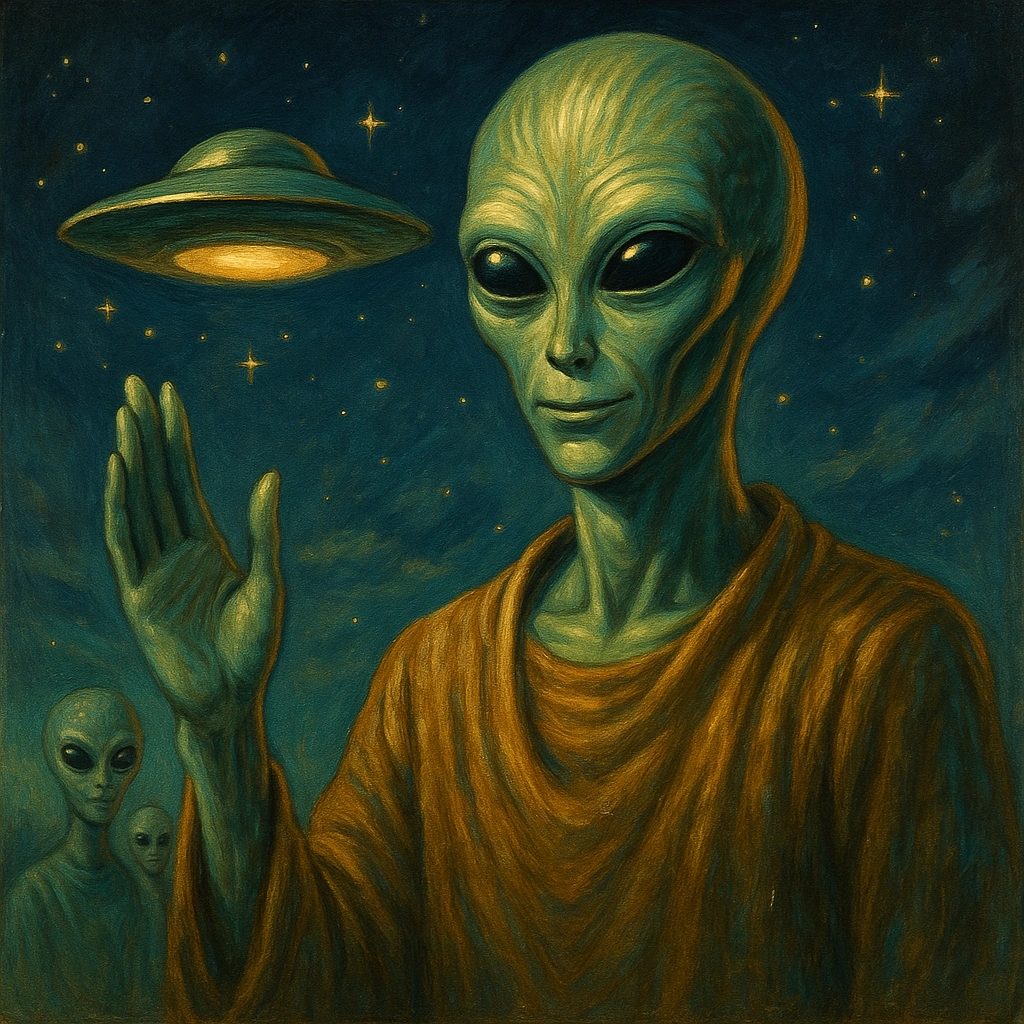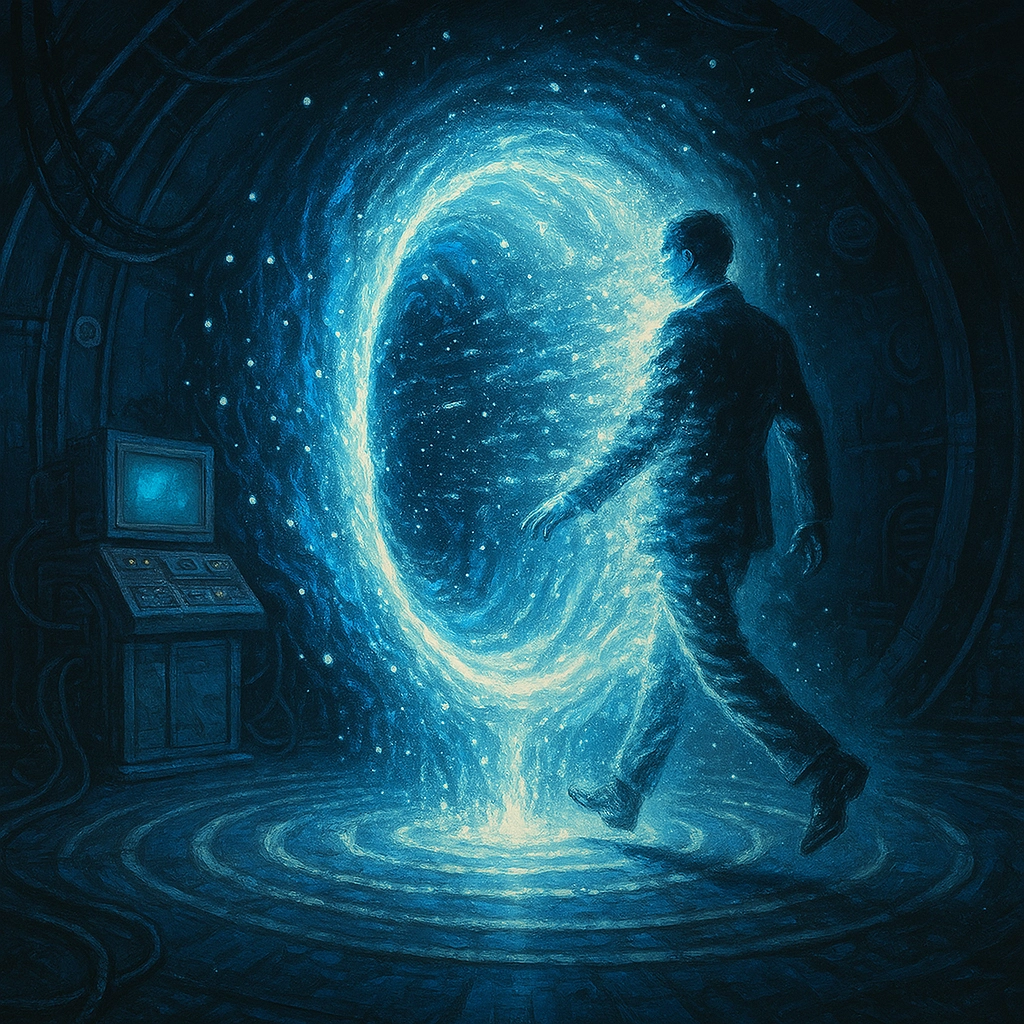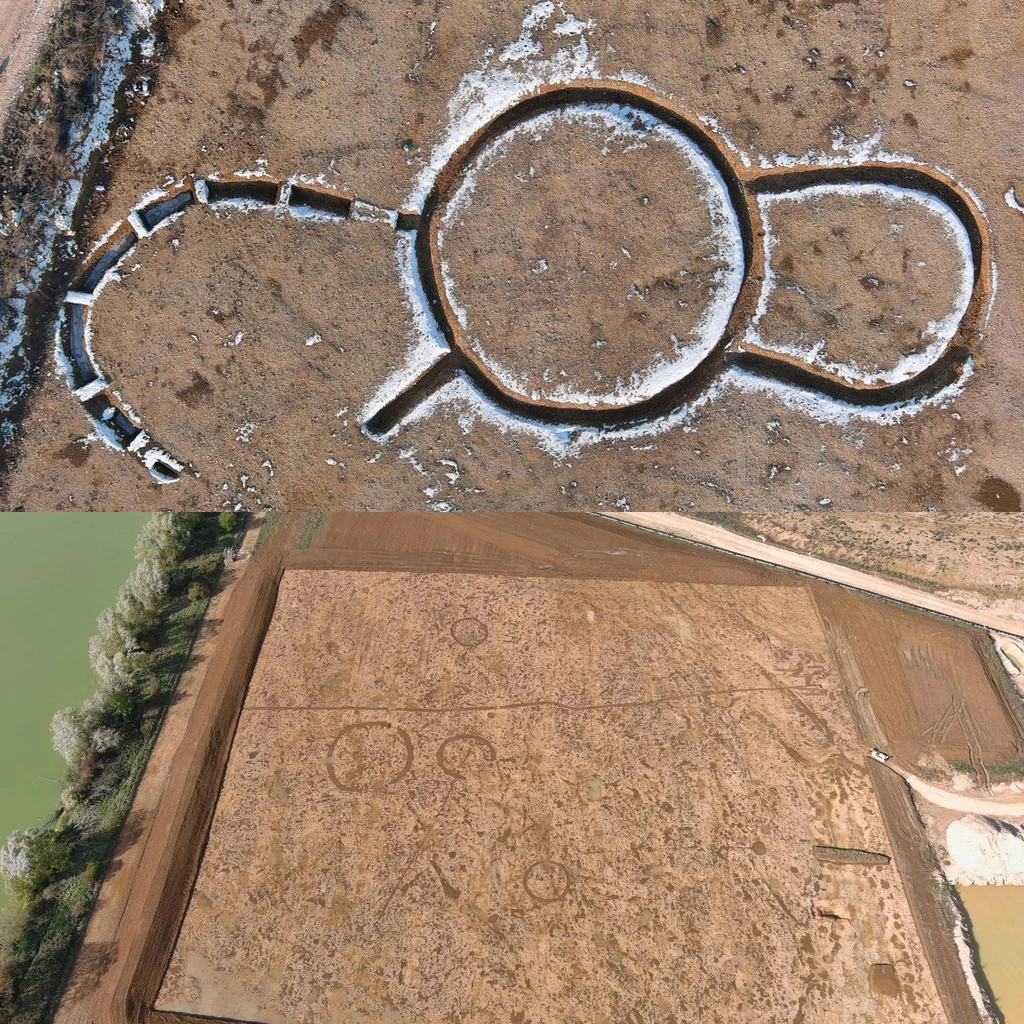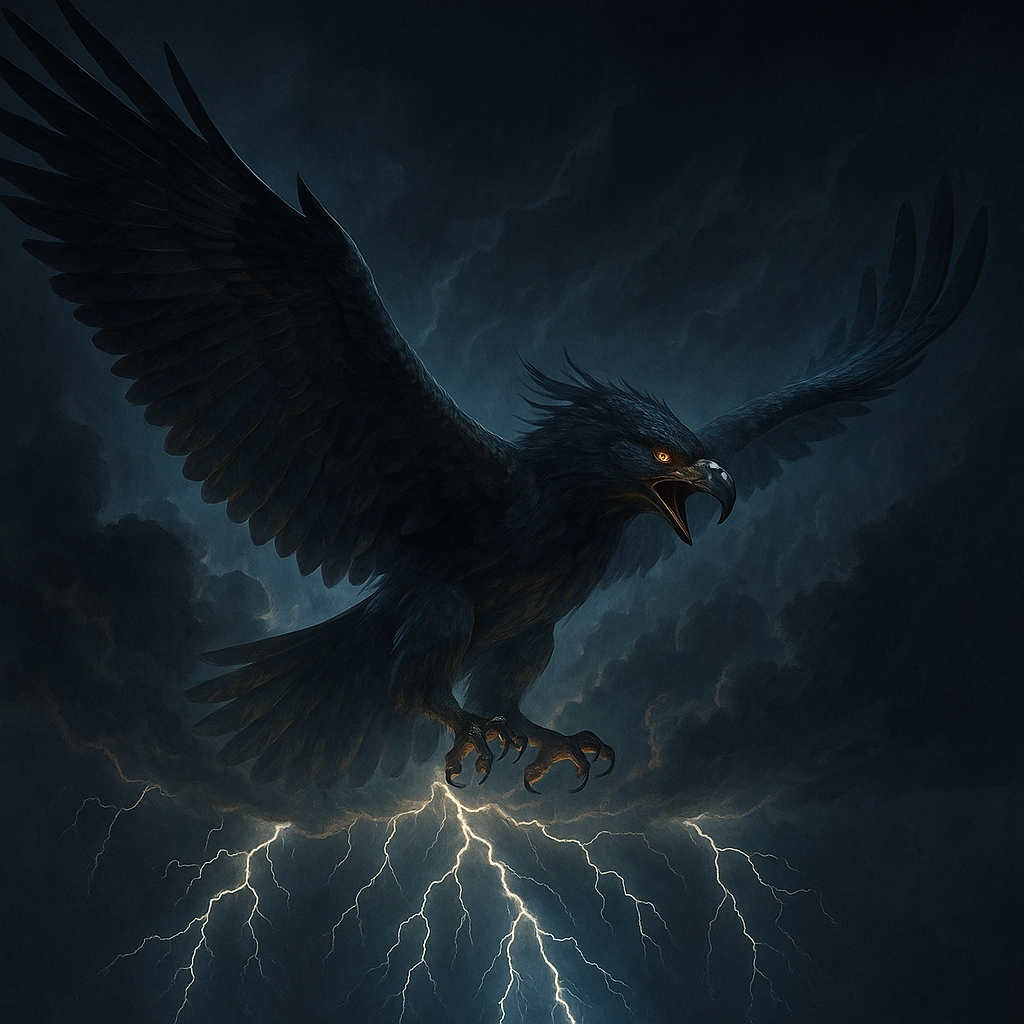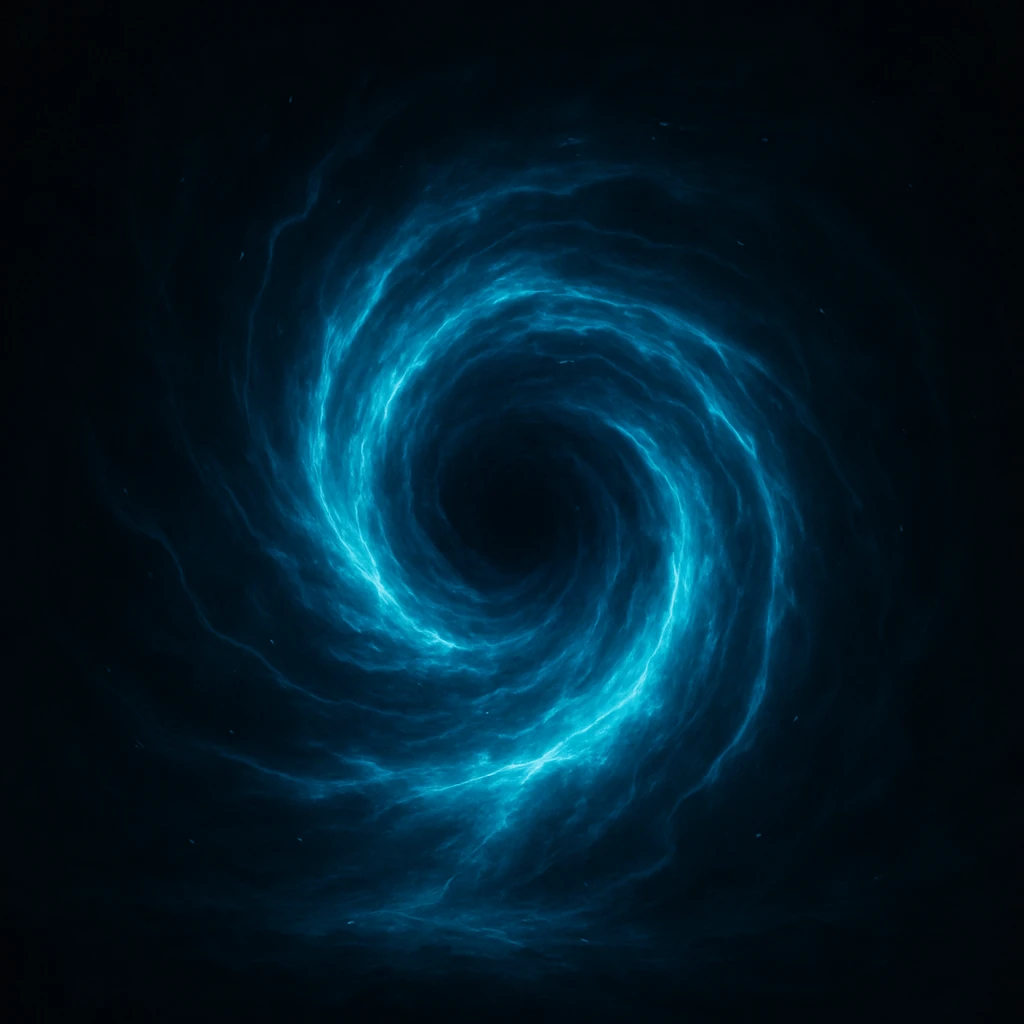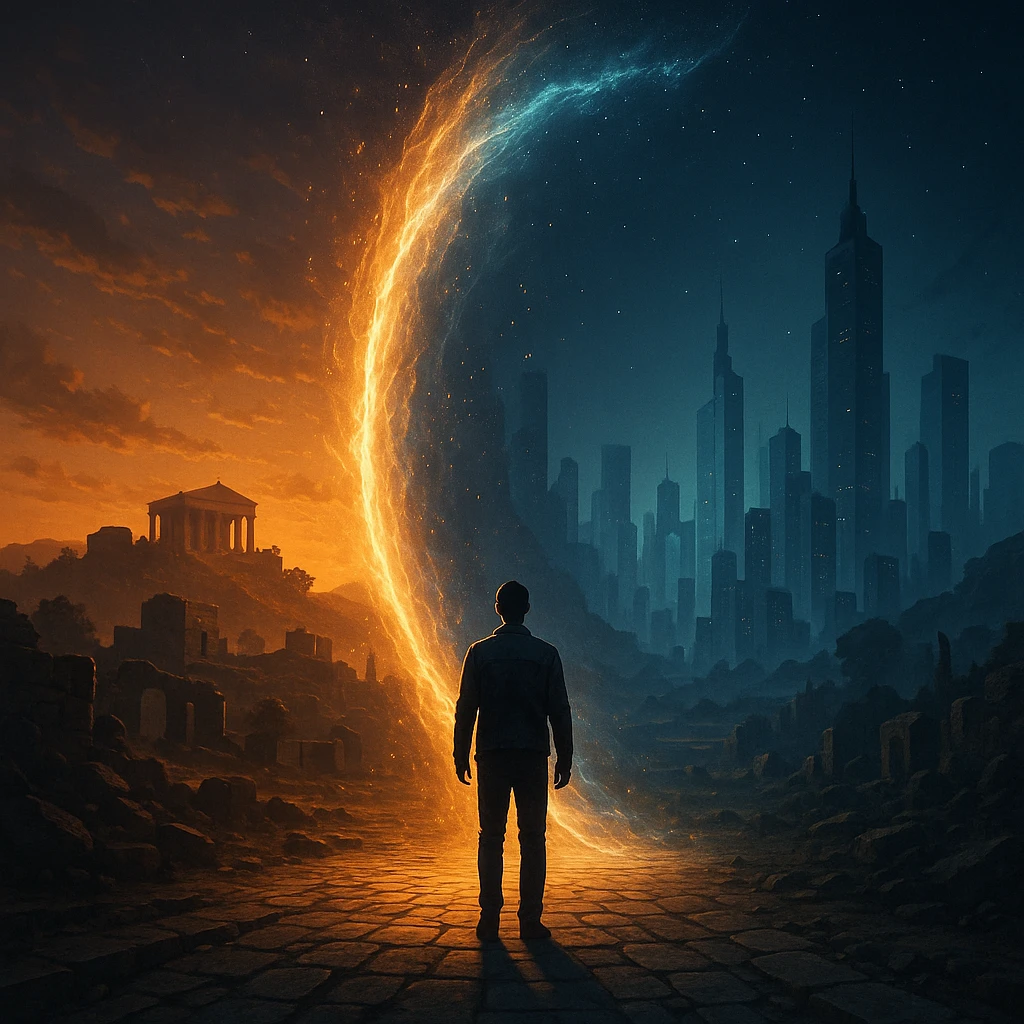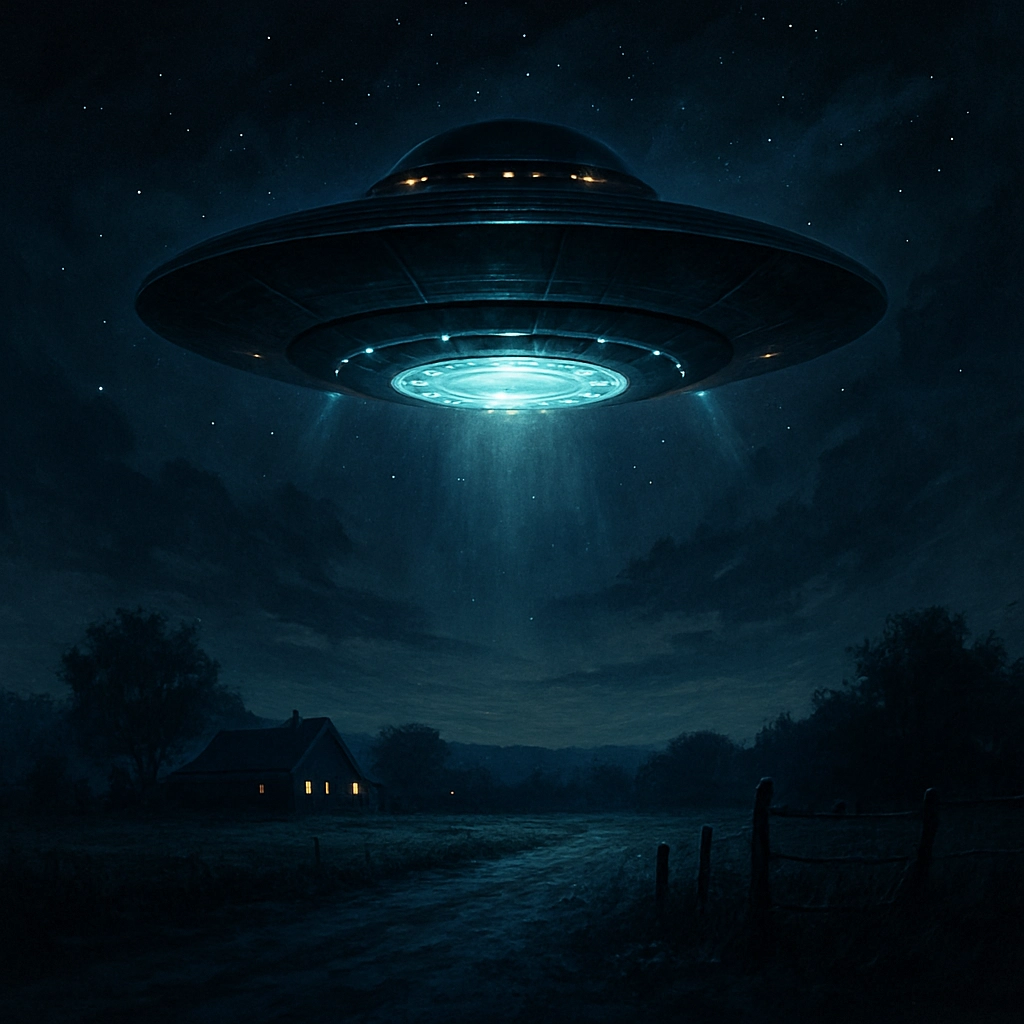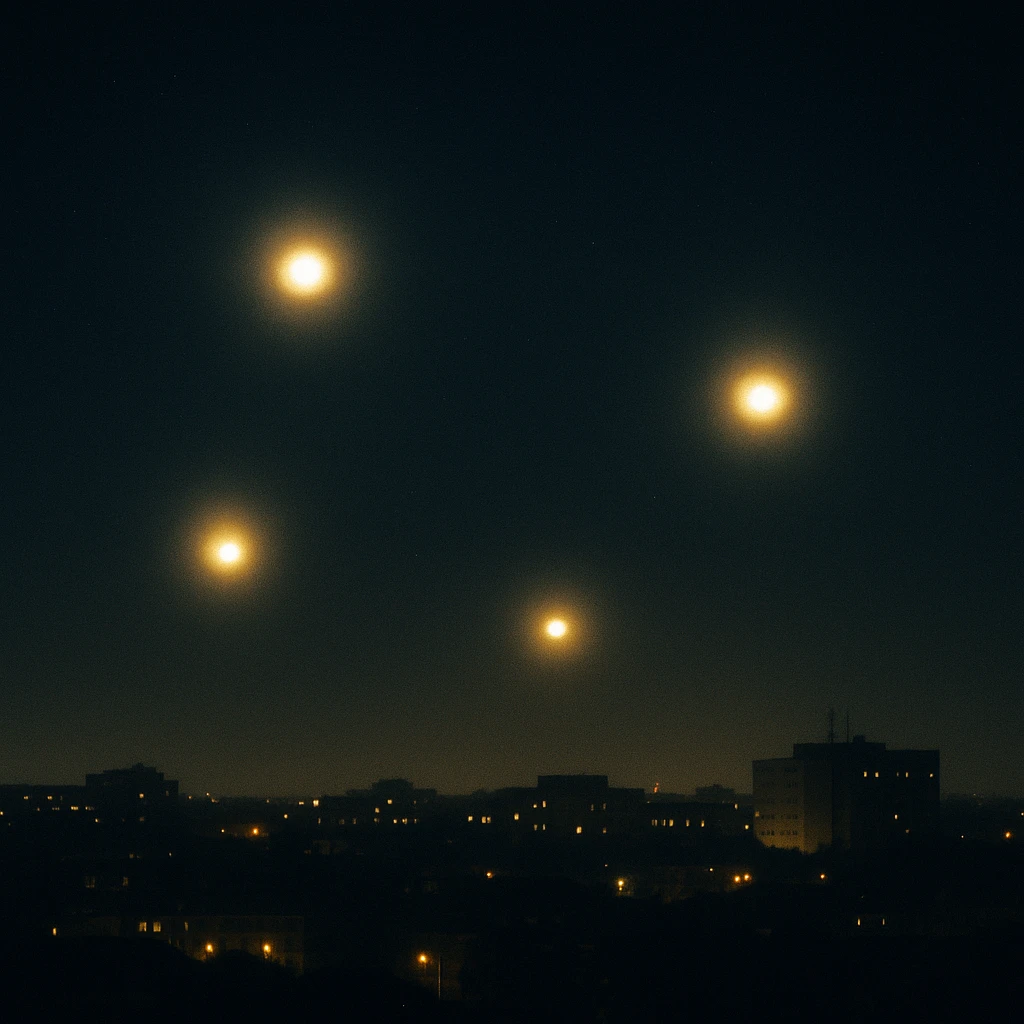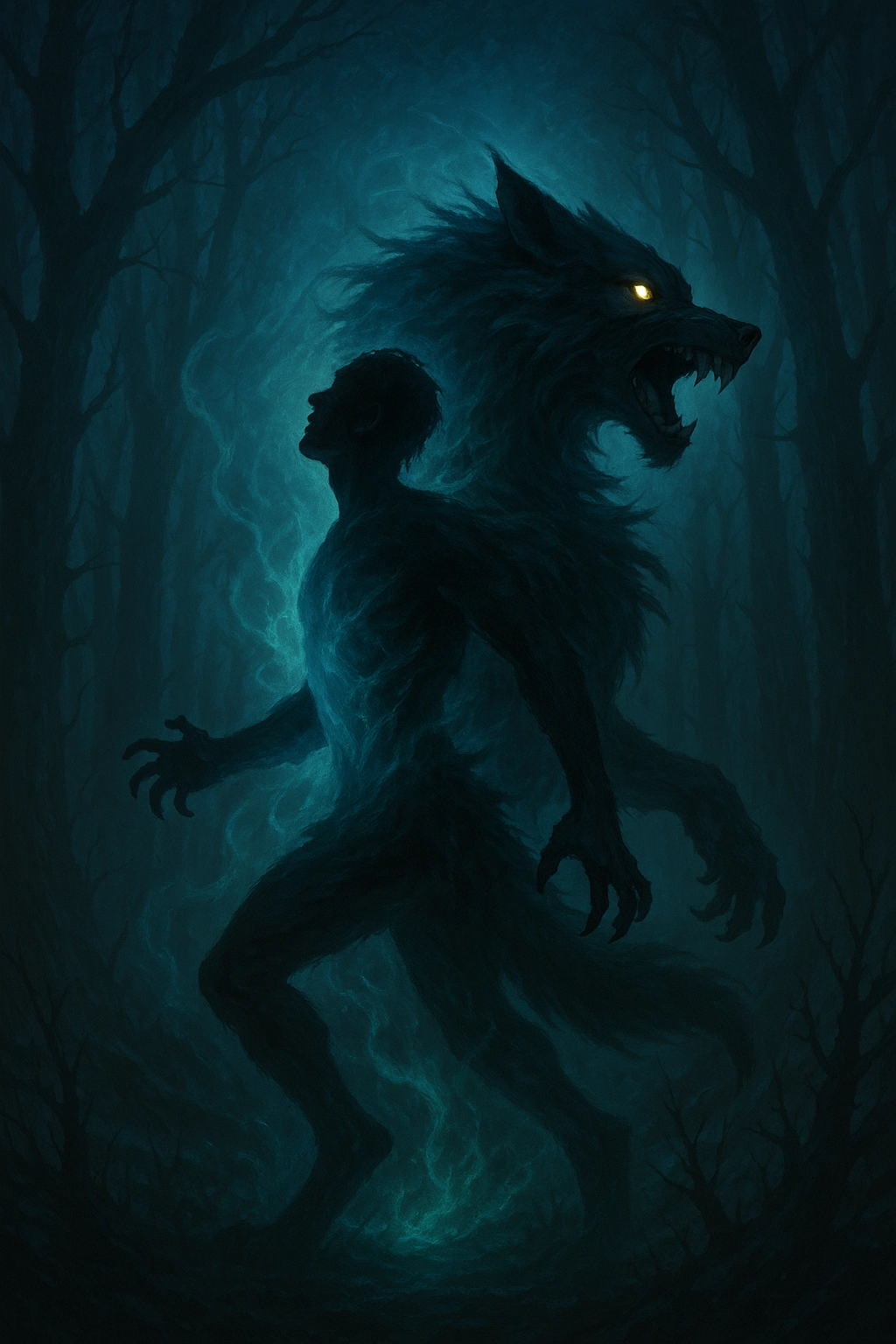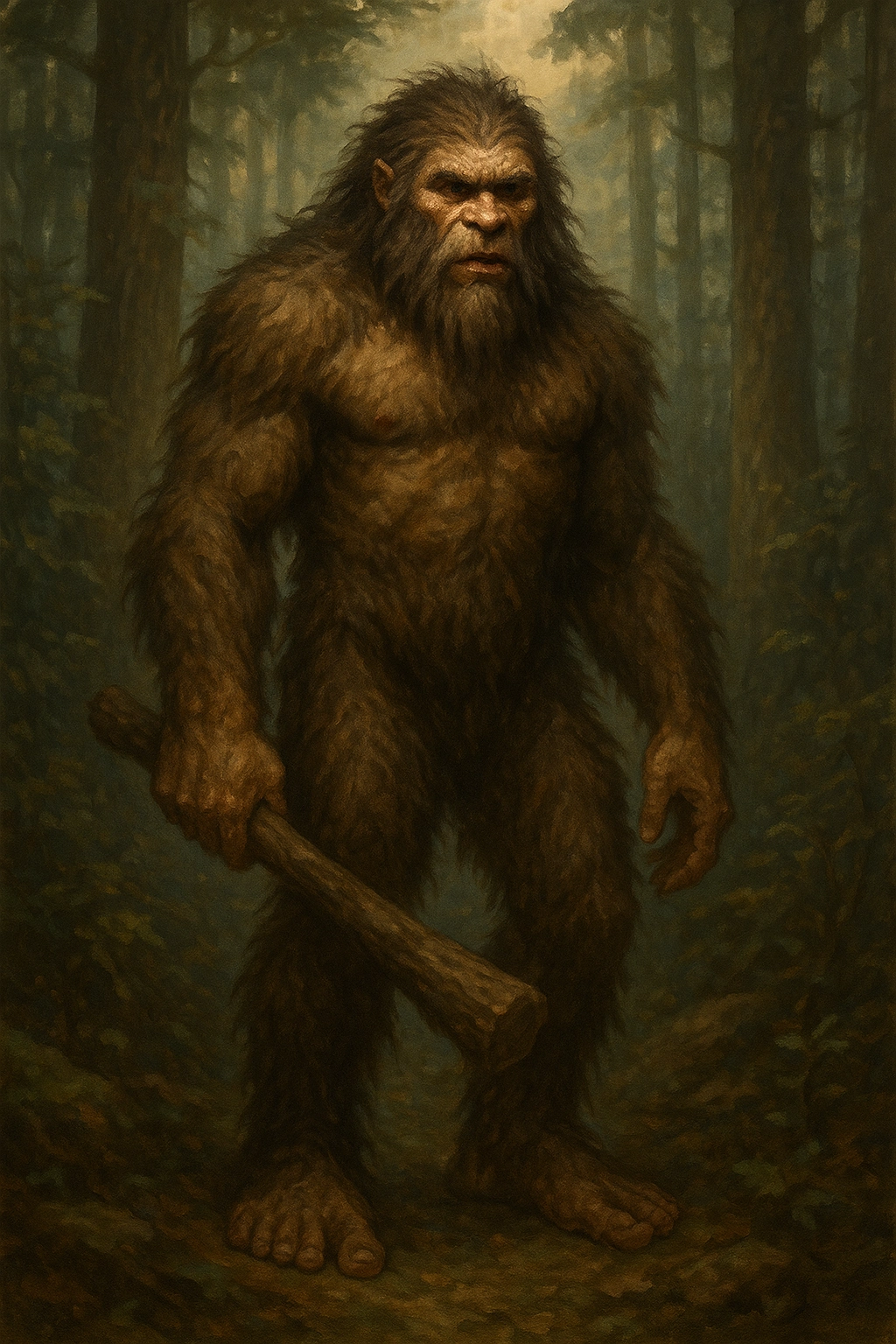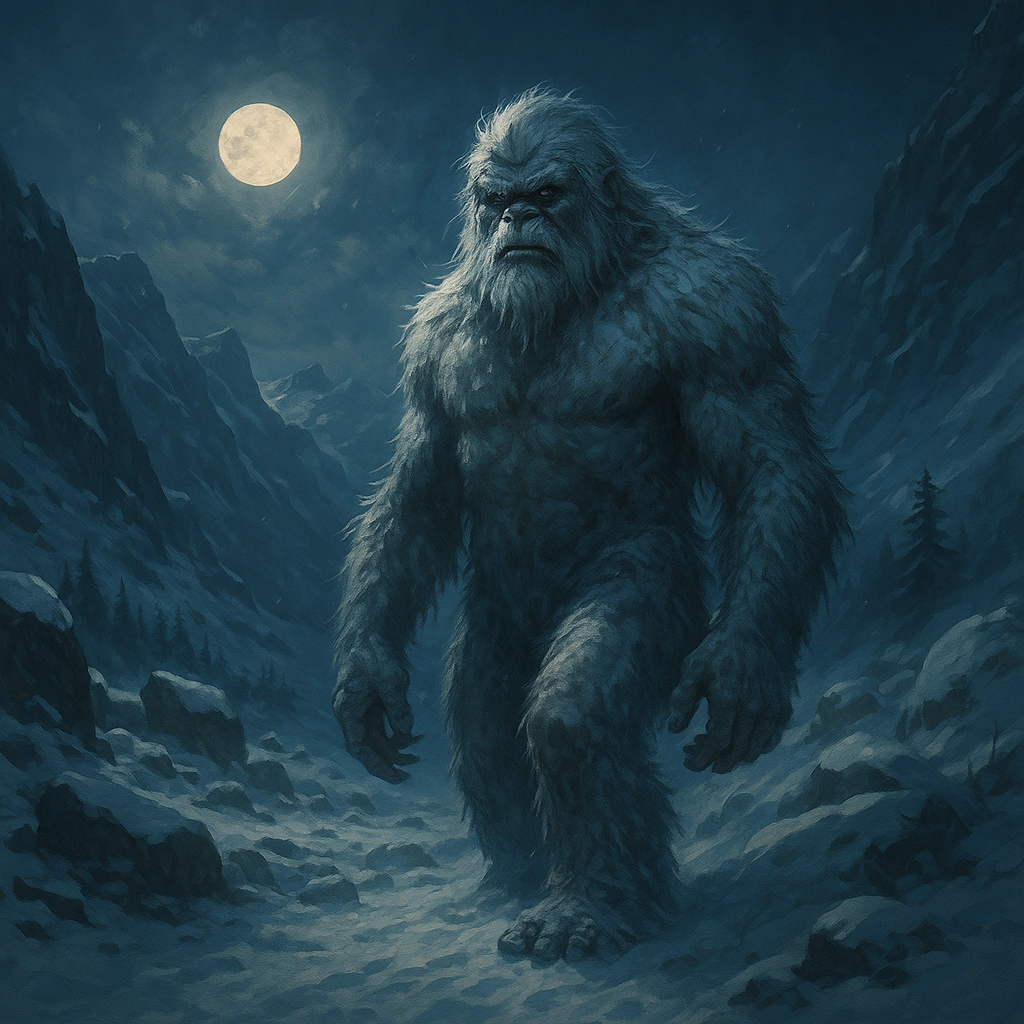What If Humans Never Slept?
Quick Answer: If people never needed sleep, life on Earth would change in dramatic ways. Extra hours might lead to new inventions, round-the-clock work, and different health risks for everyone.
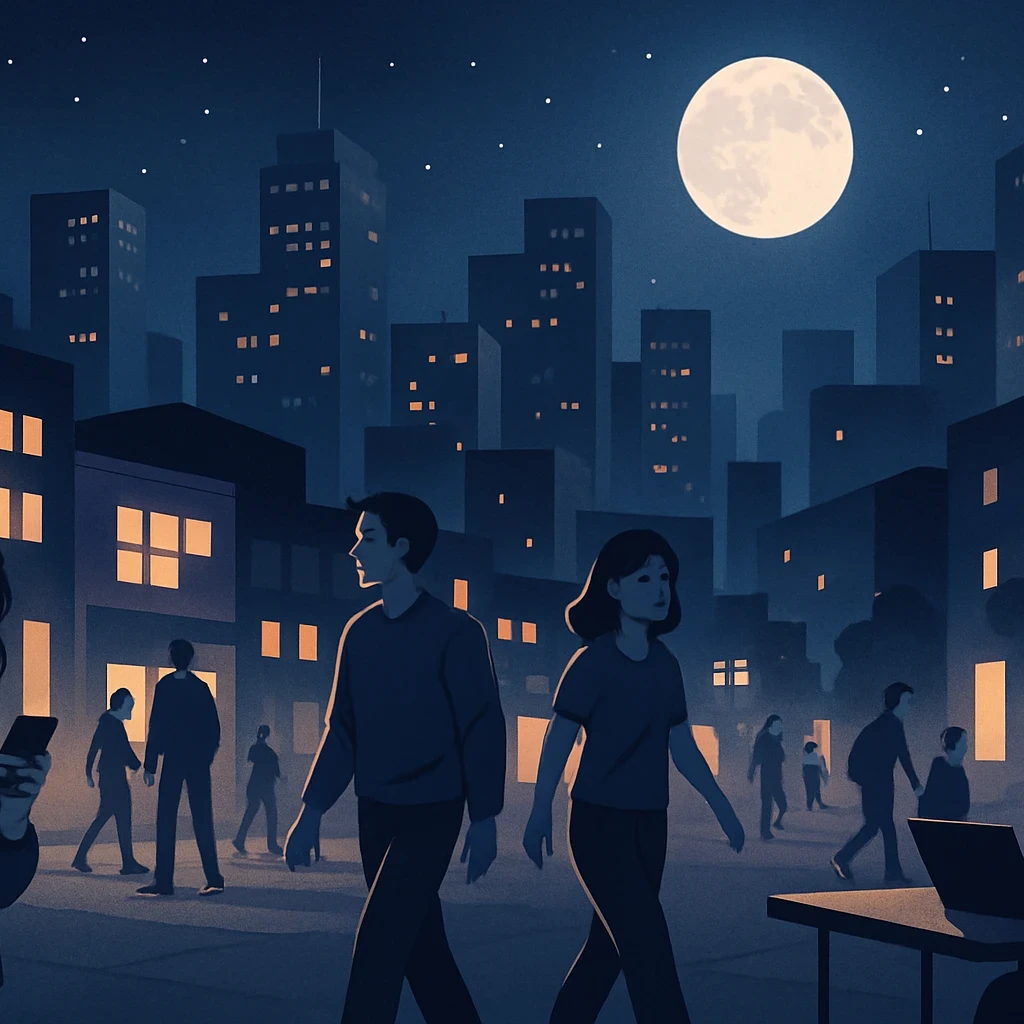
The Premise
What if humans never needed sleep? No tiredness, no mental fog, no biological need to lie down and rest. People would remain alert and active 24 hours a day, every day, without suffering from fatigue, burnout, or memory loss.
This change would rewrite one of the most basic rhythms of human life. Entire industries, routines, and traditions are built around the assumption that people must sleep for about one third of their lives. Without that limitation, days would stretch longer, nights would come alive with activity, and the very idea of time might feel different.
Families, jobs, and education would all adapt. There would be no need to rush between waking hours and bedtime. People could work multiple shifts, learn more skills, or travel freely around the clock. But there would also be challenges-how do you divide rest from activity when there is no natural pause? What happens when no one ever shuts off?
The Science and Speculation

Sleep is not just rest-it is a complex process tied to memory, cellular repair, hormone regulation, and emotional balance. During sleep, the brain clears waste through a fluid system that only activates when we are unconscious. It also reorganizes memories, strengthens learning, and resets mood and metabolism.
If humans no longer needed sleep, our entire biology would have to function differently. The brain would need constant self-maintenance, possibly through new types of cells or chemical processes that work in real time. Muscle tissue, immune systems, and the nervous system would need to recover without downtime. This kind of change could involve major shifts in genetics or synthetic enhancements.
Some scientists imagine gene editing or advanced brain implants that allow for rest-like recovery while awake. Others suggest drugs or nanobots that mimic sleep functions without shutting down consciousness. These ideas remain speculative, but experiments on animals and sleepless conditions have already shown how fragile our current system really is.
Until now, no known species has truly evolved beyond sleep. But if humans could, it would represent a leap as large as walking upright or mastering fire-a total rewrite of our relationship with time and thought.
Possible Consequences
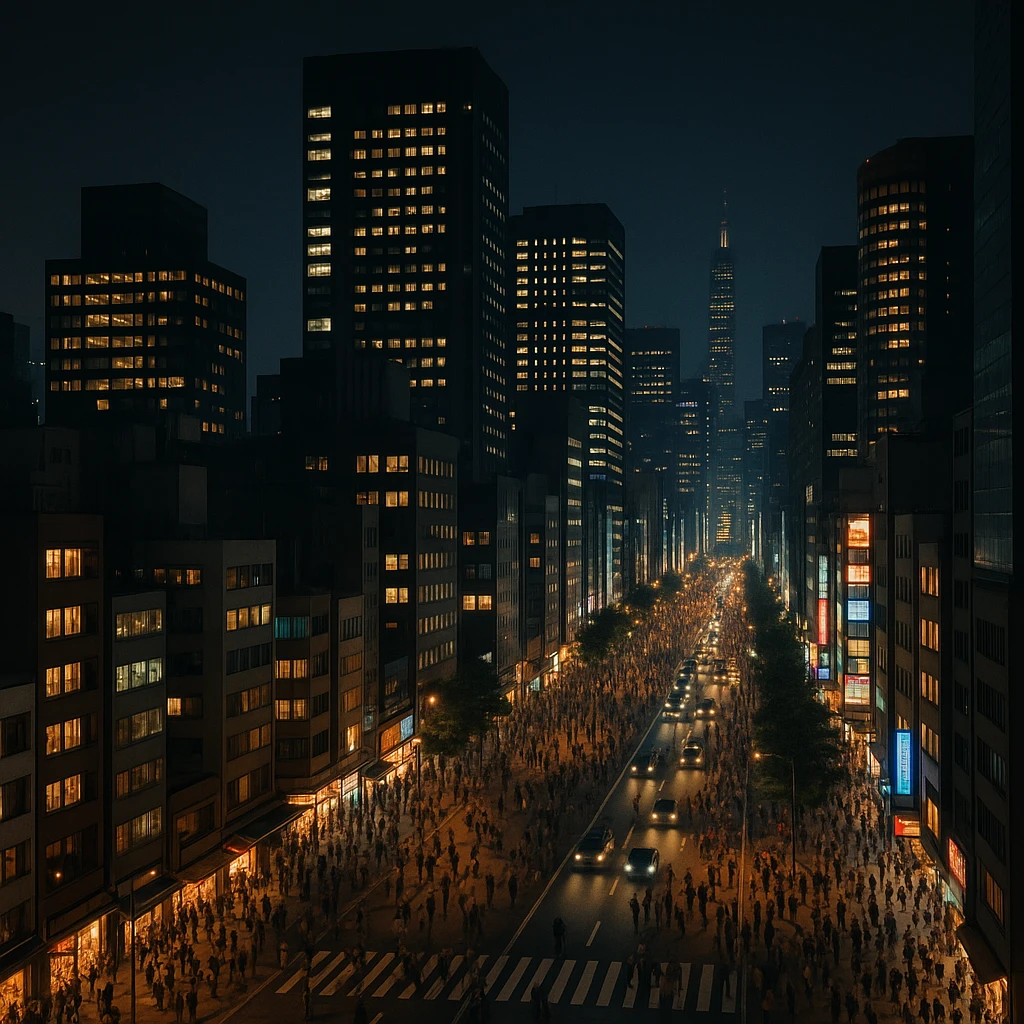
- Constant activity: Cities, work, and fun would never stop.
- New challenges: People might need new ways to rest and relax, even if they do not sleep.
- Health changes: How would the mind and body recover without sleep?
- Family life: Relationships might change with so much more time together or alone.
In Pop Culture
Movies and books often show a world where sleep is gone. Sometimes it brings more success, but often there are new dangers or problems.
Expert Take
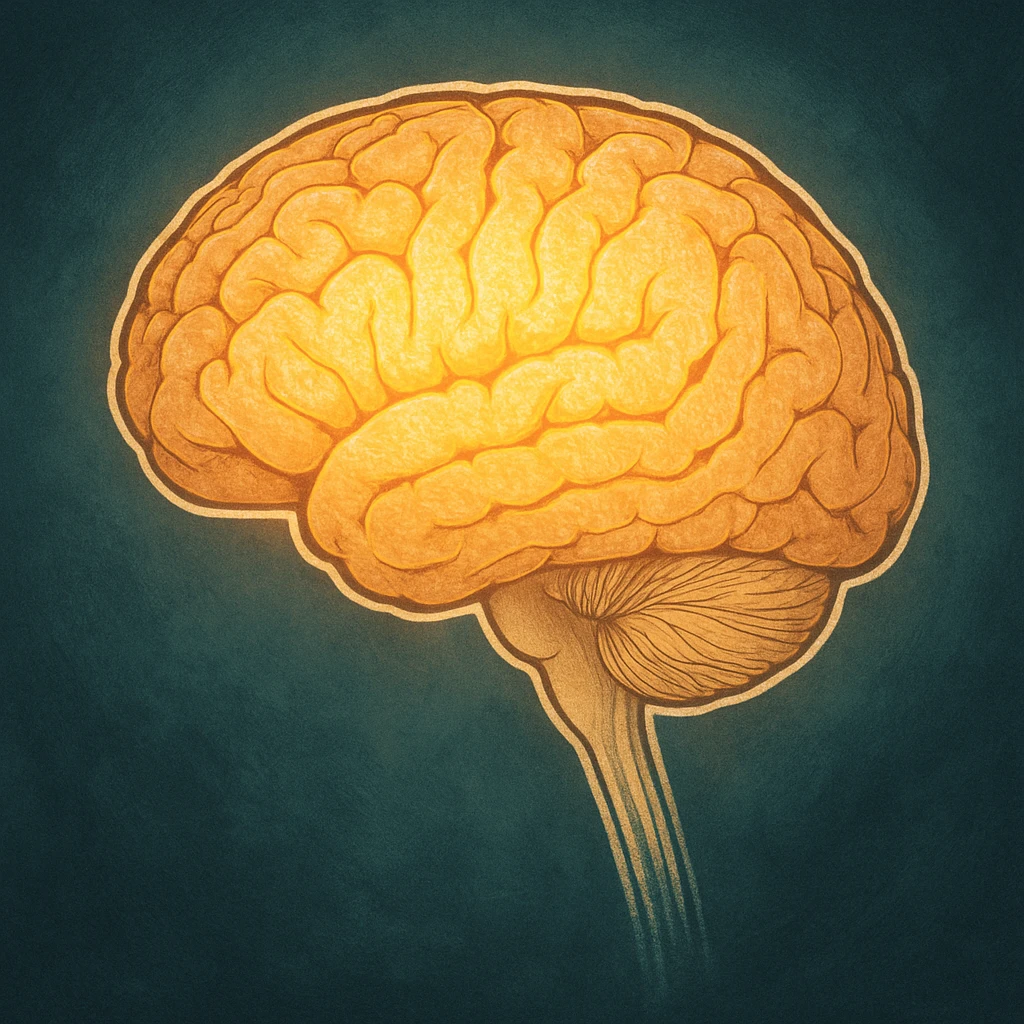
"Sleep is not optional-it is a core maintenance function of the human brain," says Dr Hana Veltri, a neuroscientist at the Circadian Systems Research Group. "During deep sleep, we process emotional memory, restore neural connections, and clear metabolic waste. Without it, the brain cannot function long-term."
Dr Veltri points to the glymphatic system, a kind of cleaning network that becomes active during sleep. "Think of it as the brain's dishwasher. Without sleep, toxins build up. To eliminate sleep entirely, you would need to replace that system with something better-something that works while we are awake."
She also cautions about psychological effects. "Sleep plays a huge role in regulating mood and cognitive balance. Chronic lack of sleep increases risk of depression, anxiety, and even psychosis. So if we remove sleep, we must reengineer not just the body-but the entire feedback loop between thought and emotion."
"Until we understand every layer of how sleep works," she says, "the idea of living without it remains science fiction. But that has never stopped us from trying to imagine it."
Skygaze Twist
Without sleep, dreams would vanish. Would people lose creativity and imagination, or find new ways to dream while awake?



